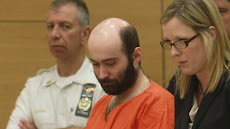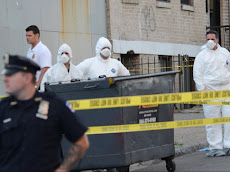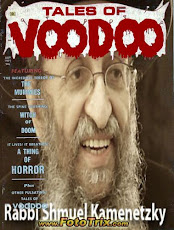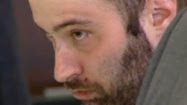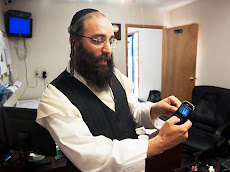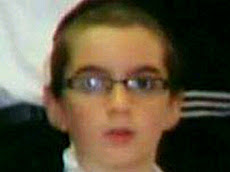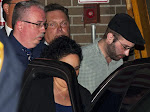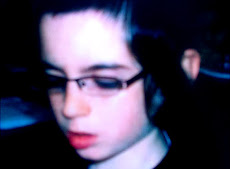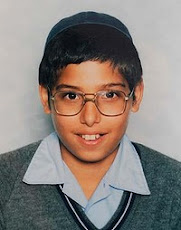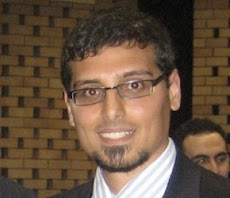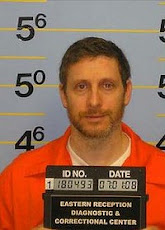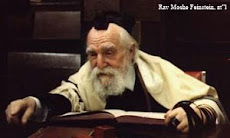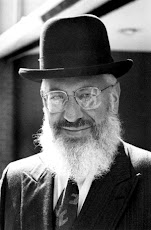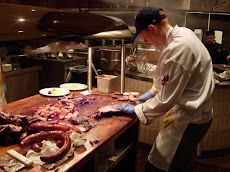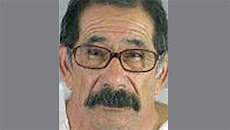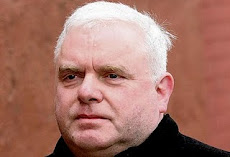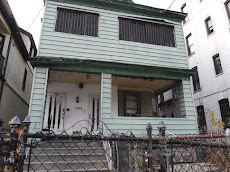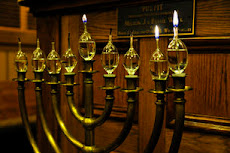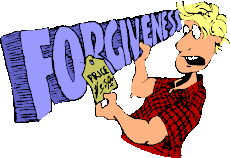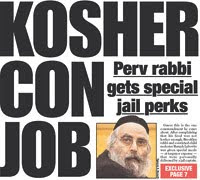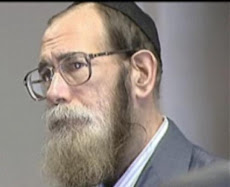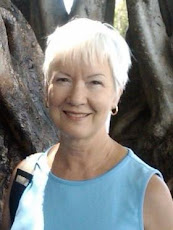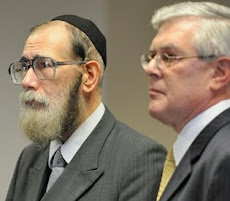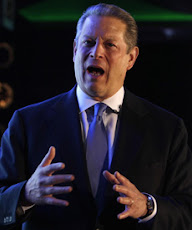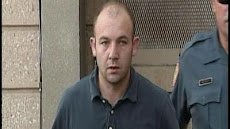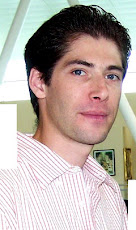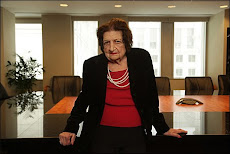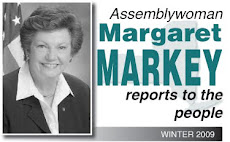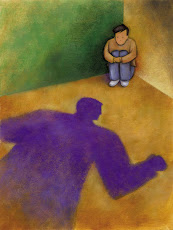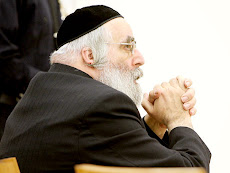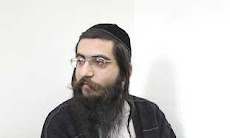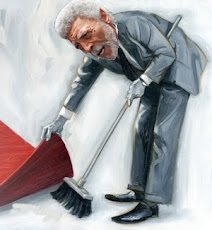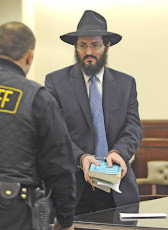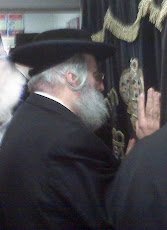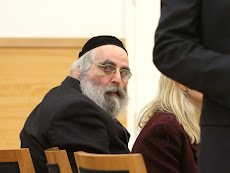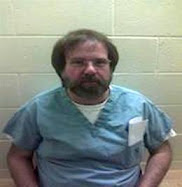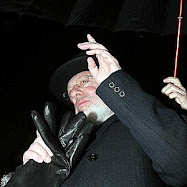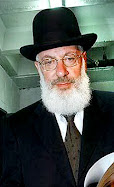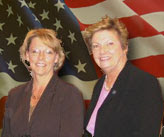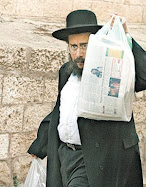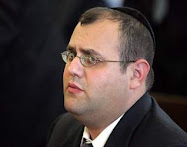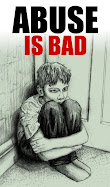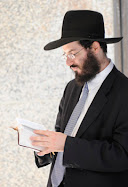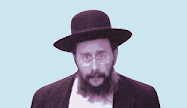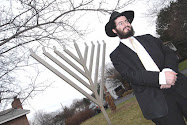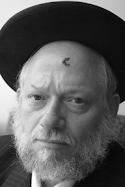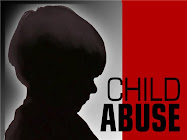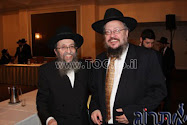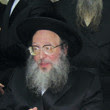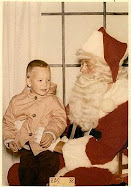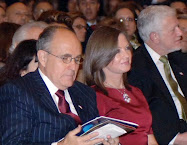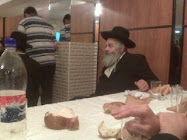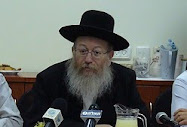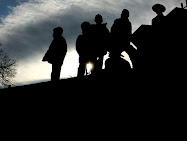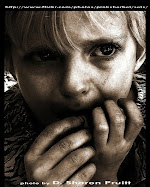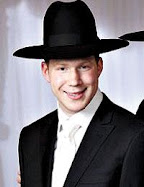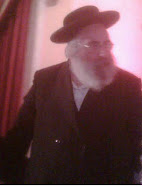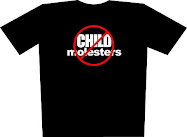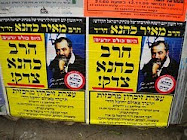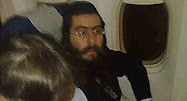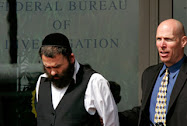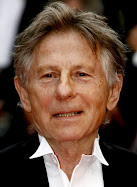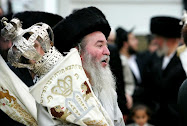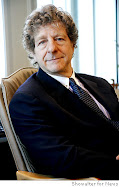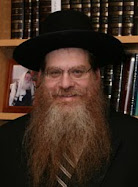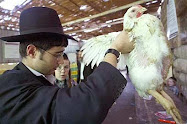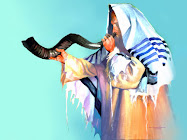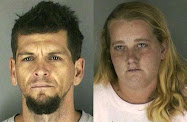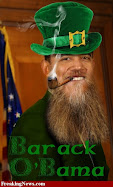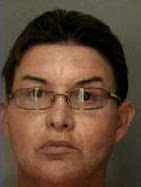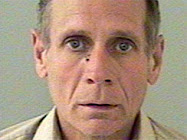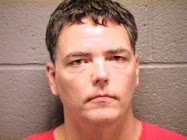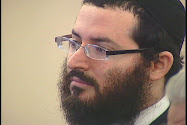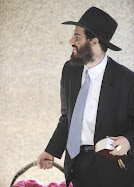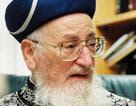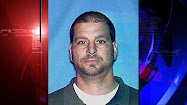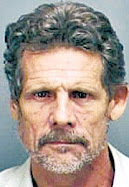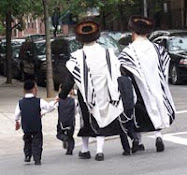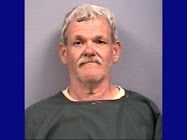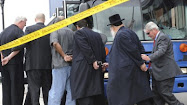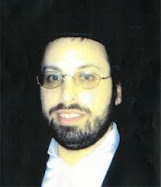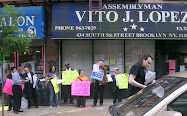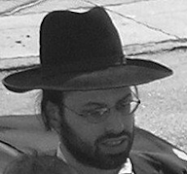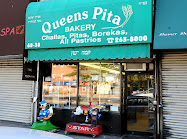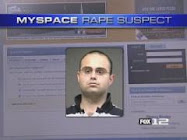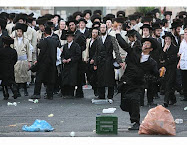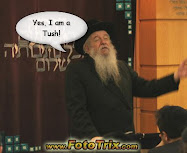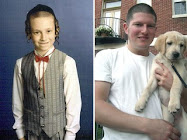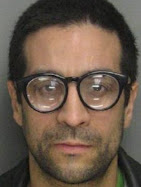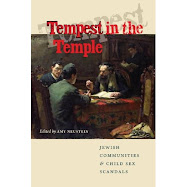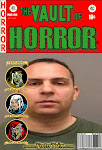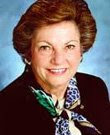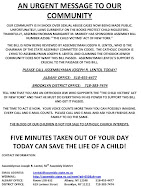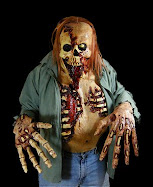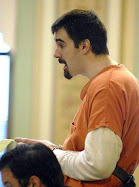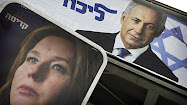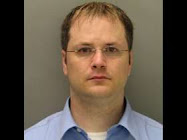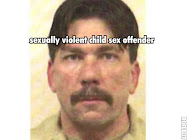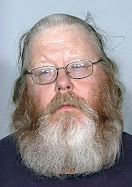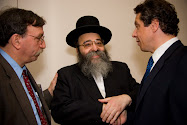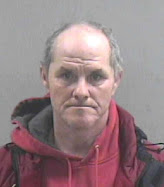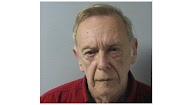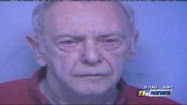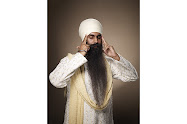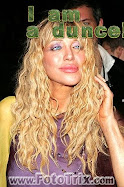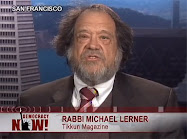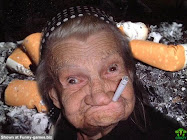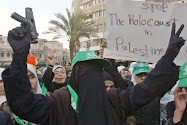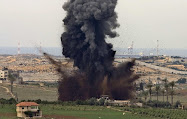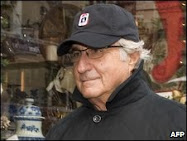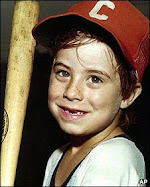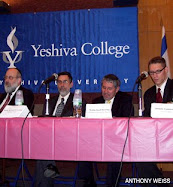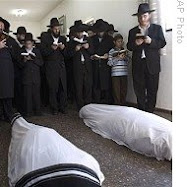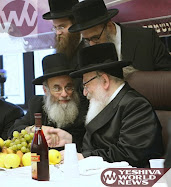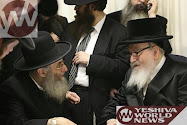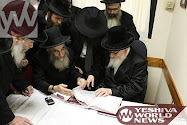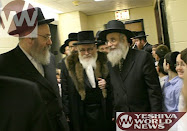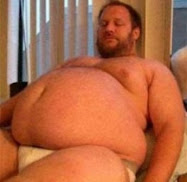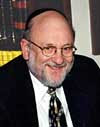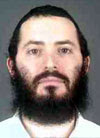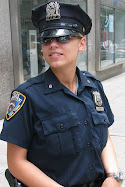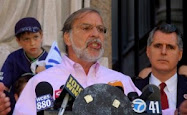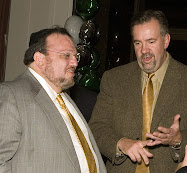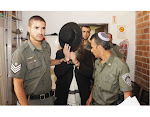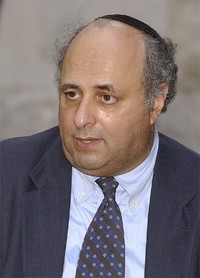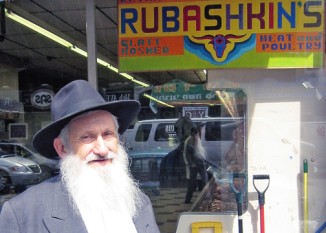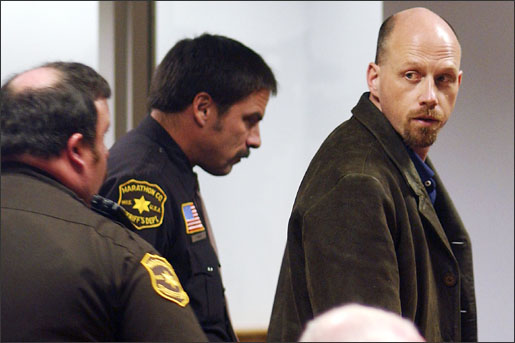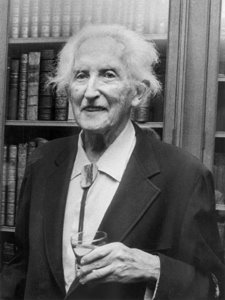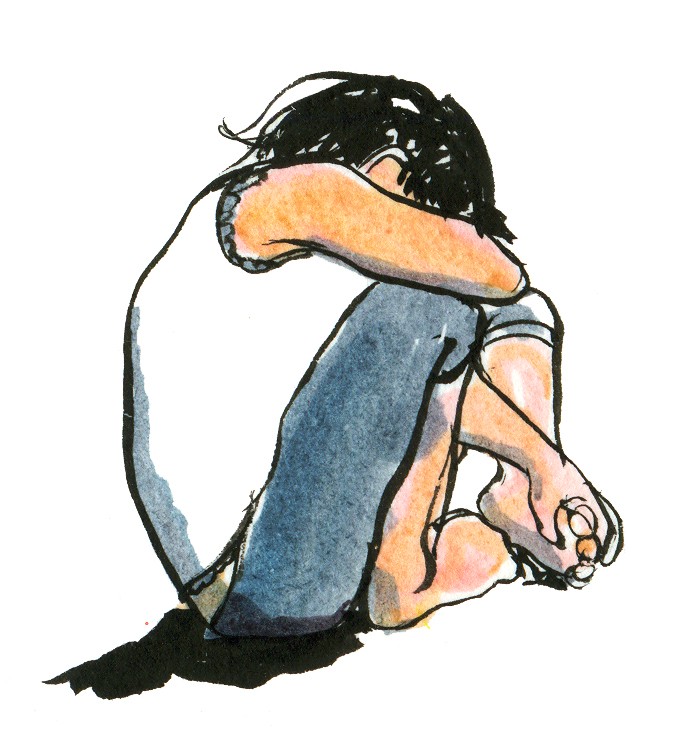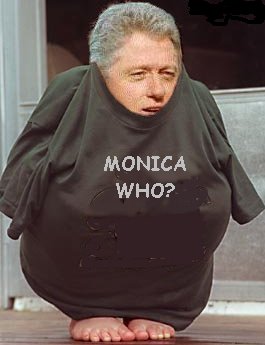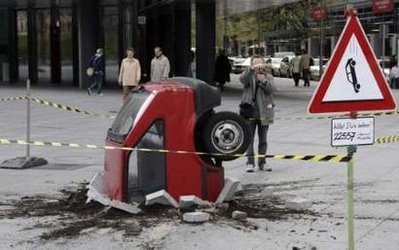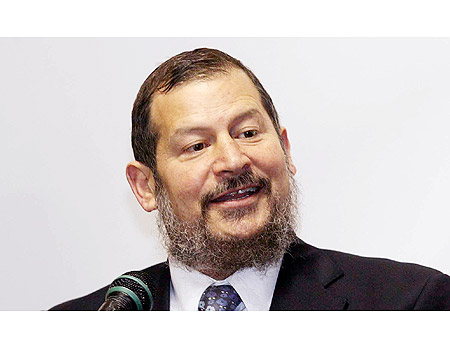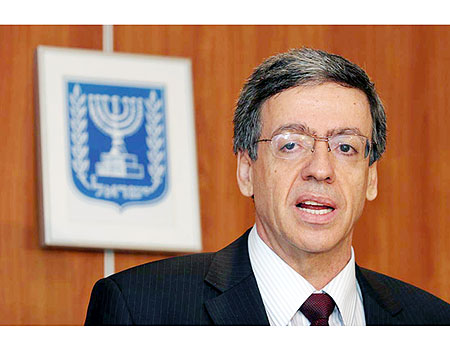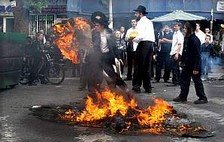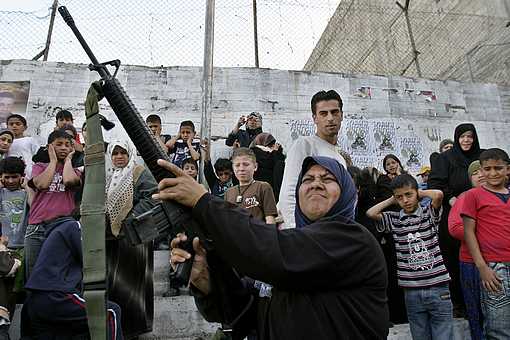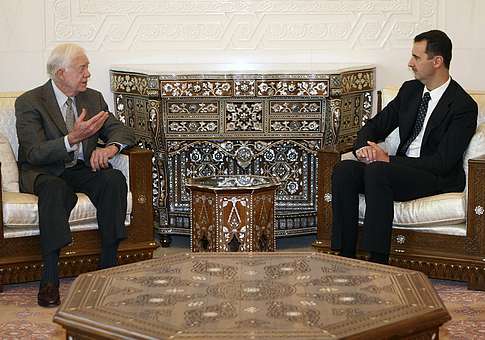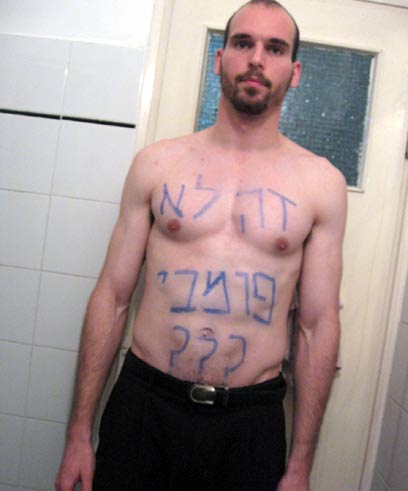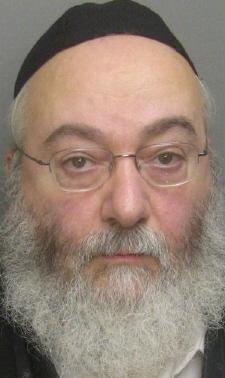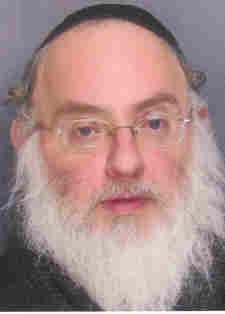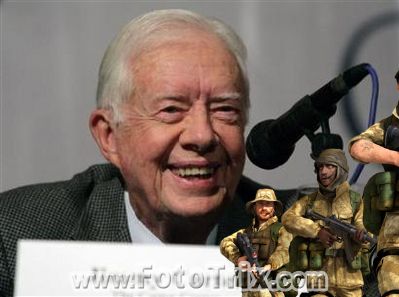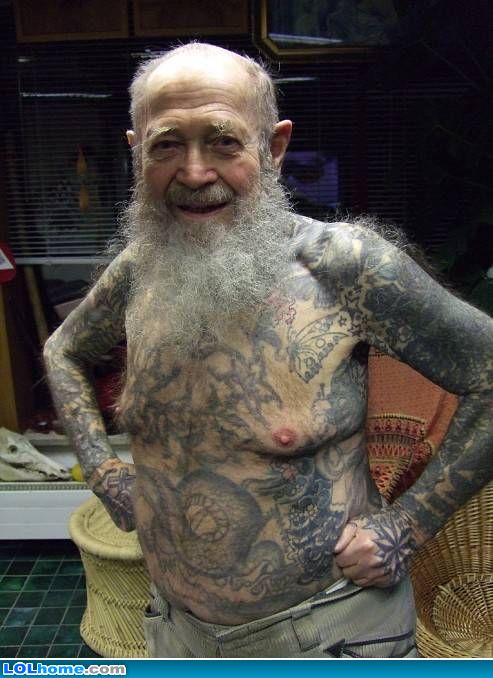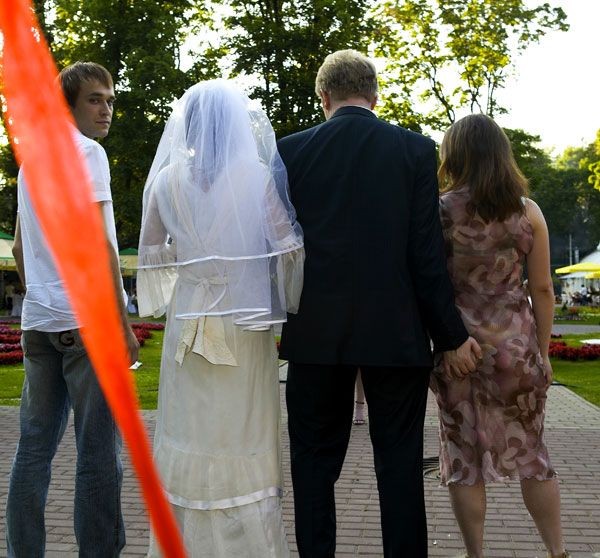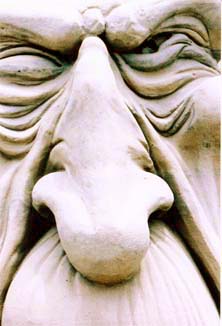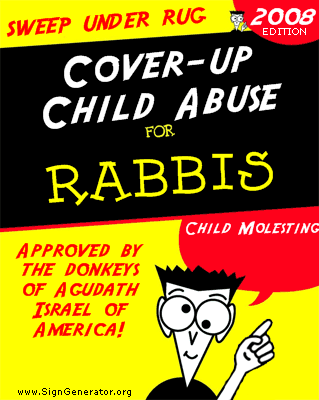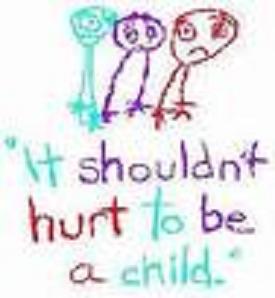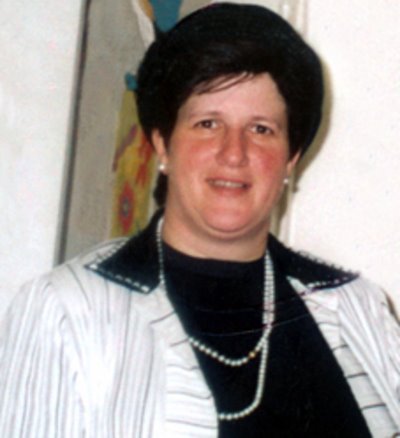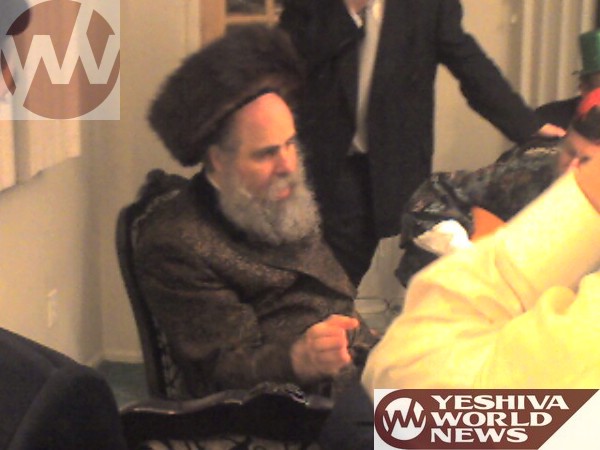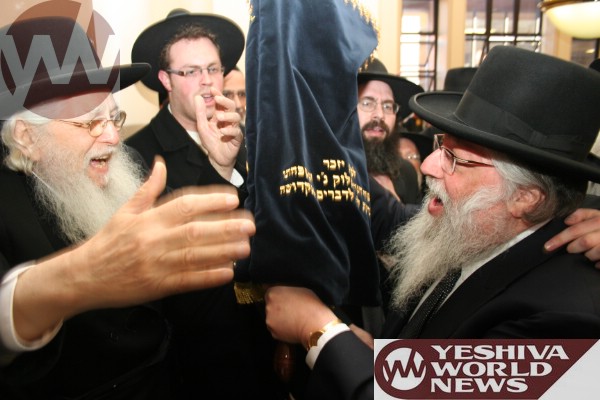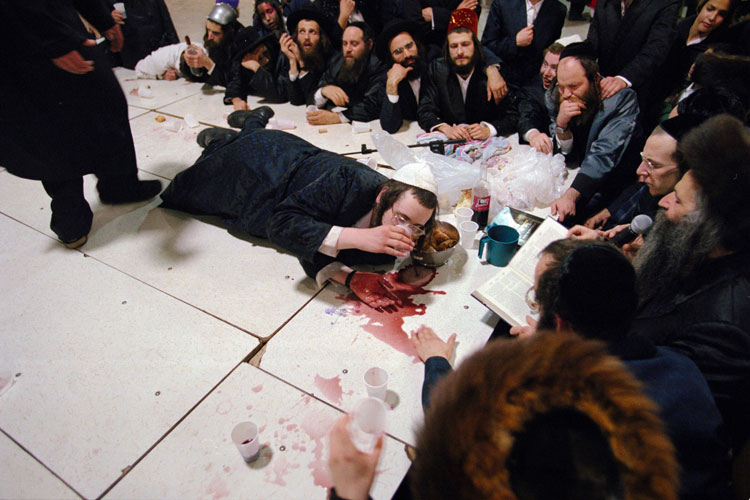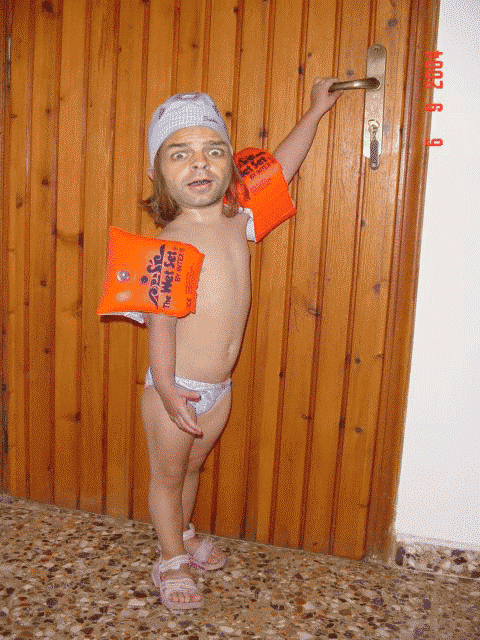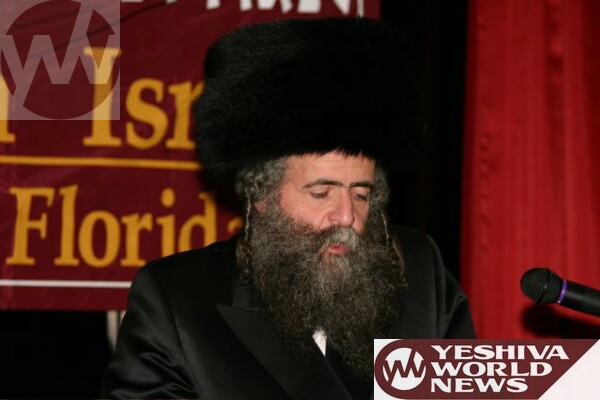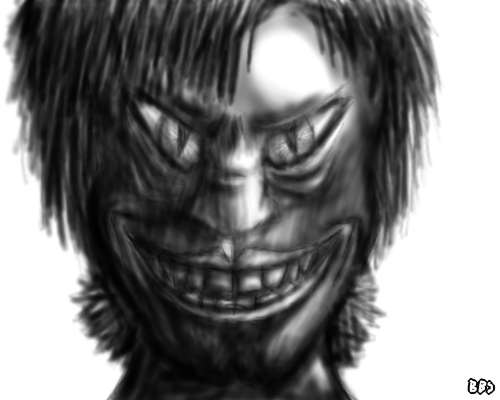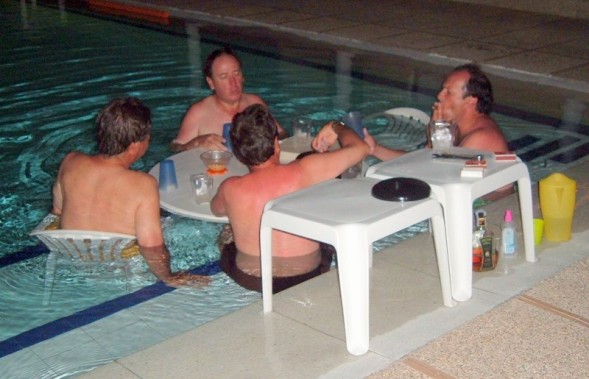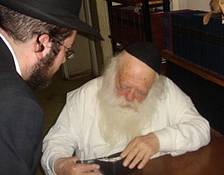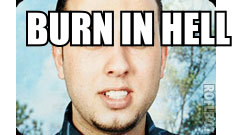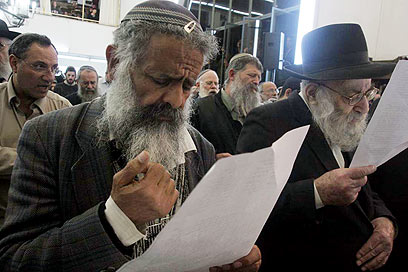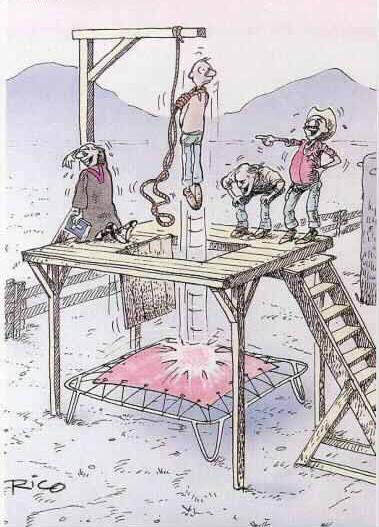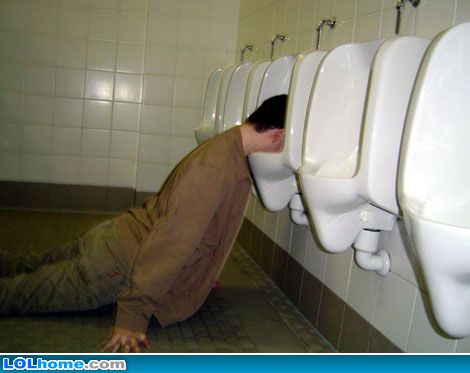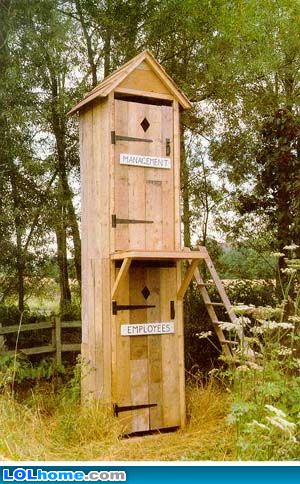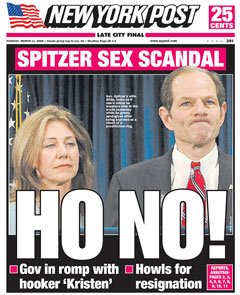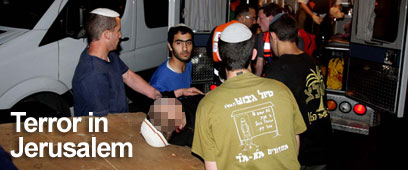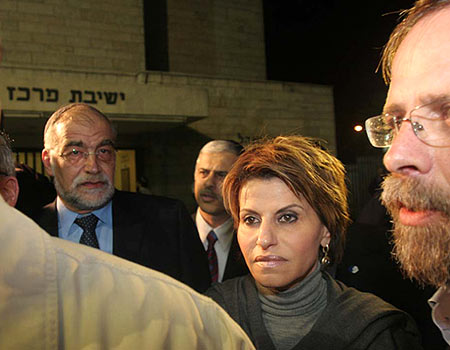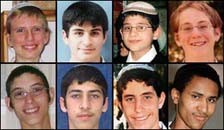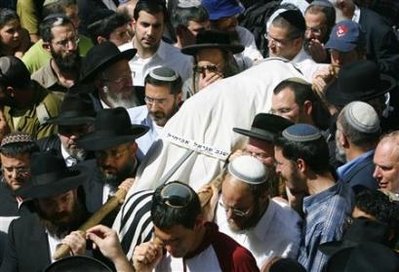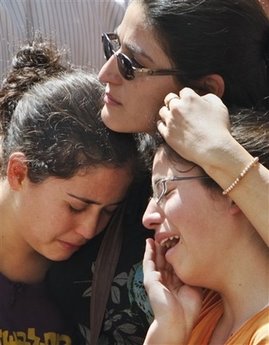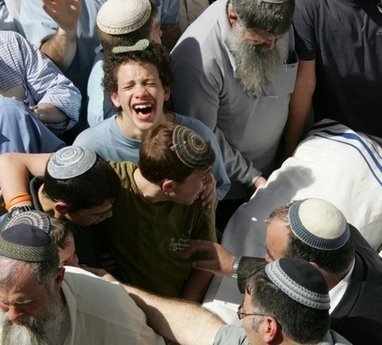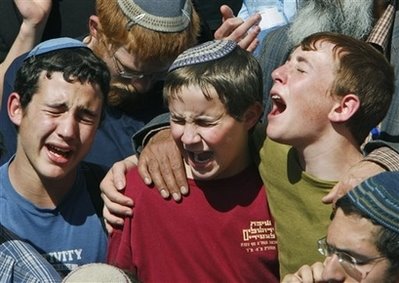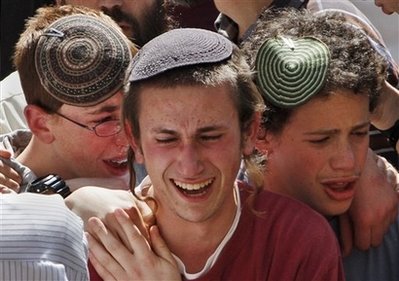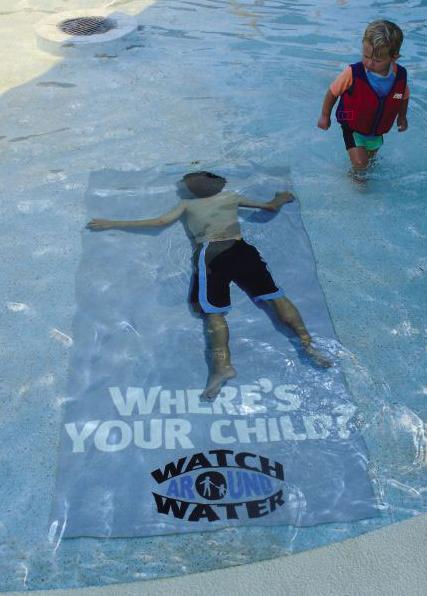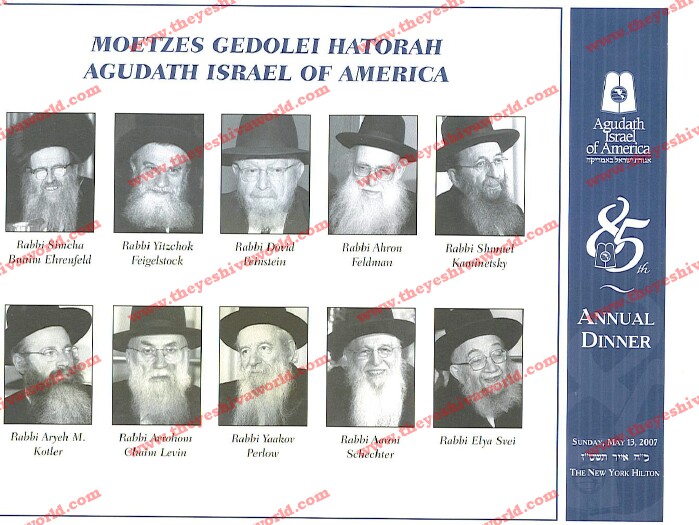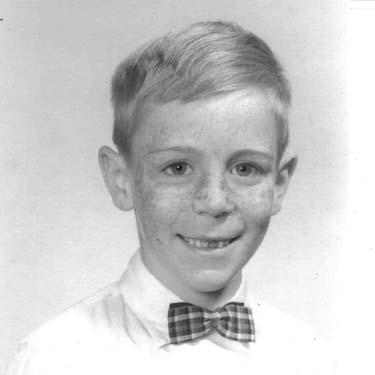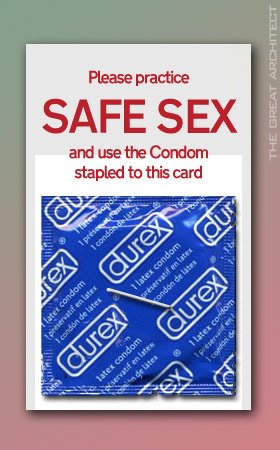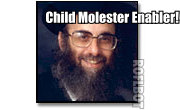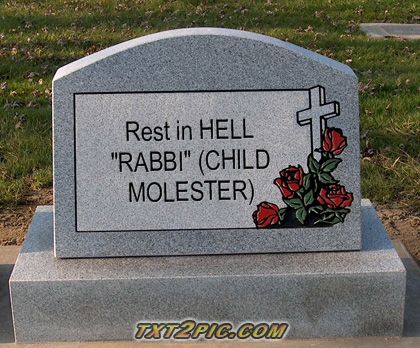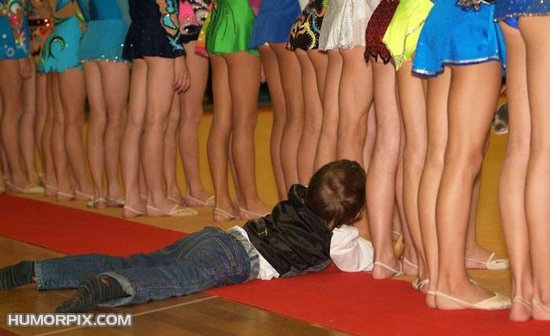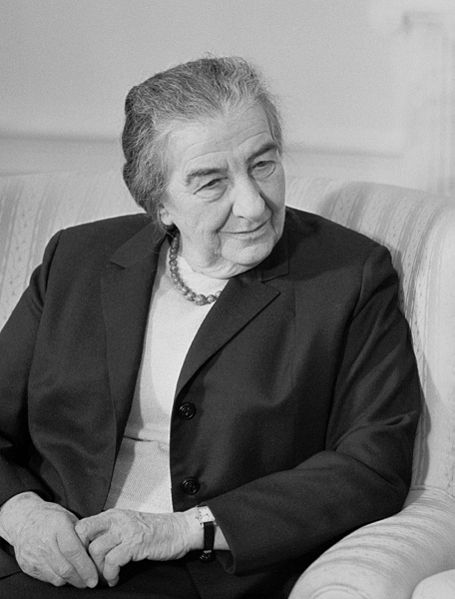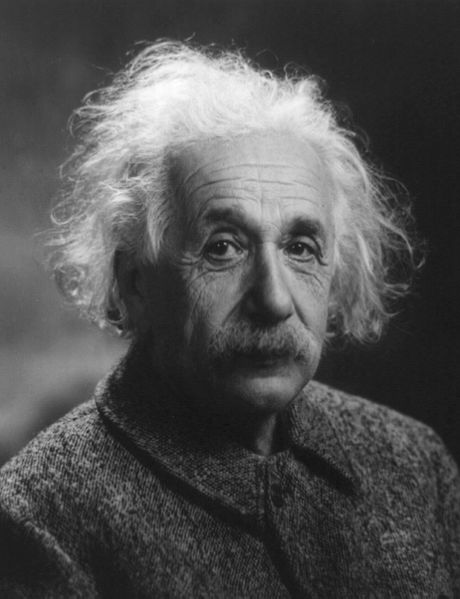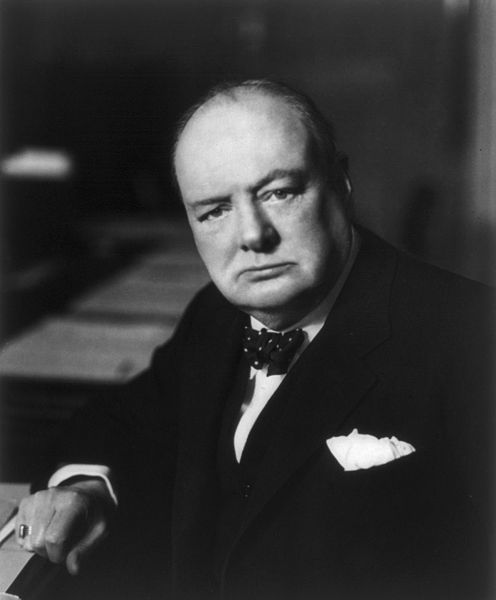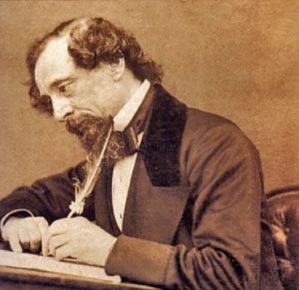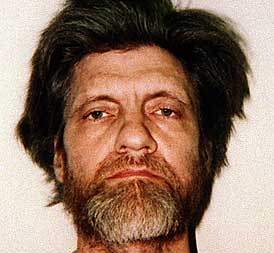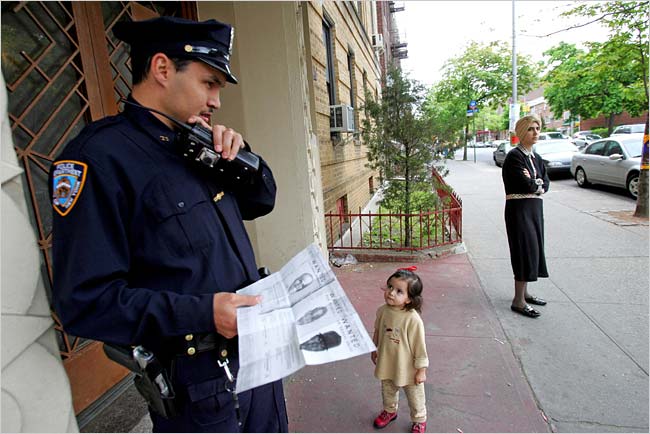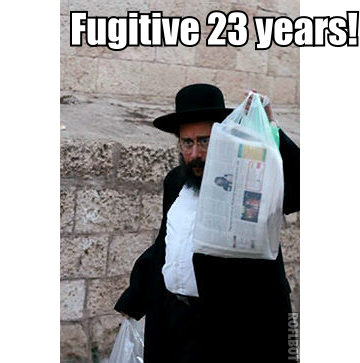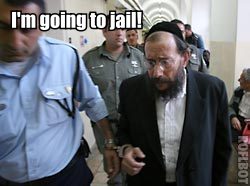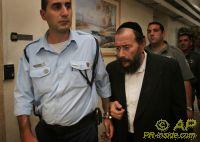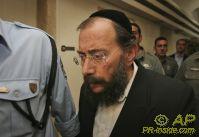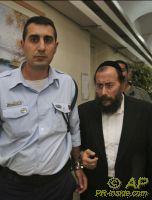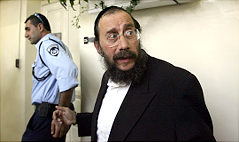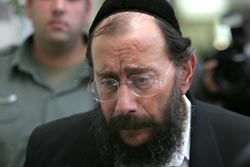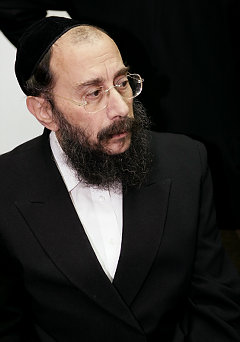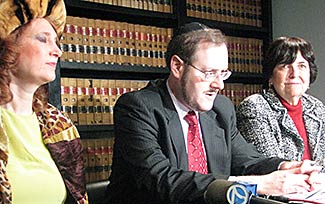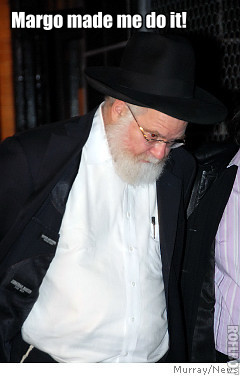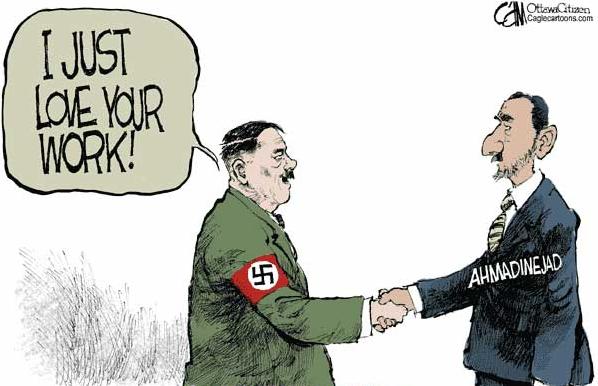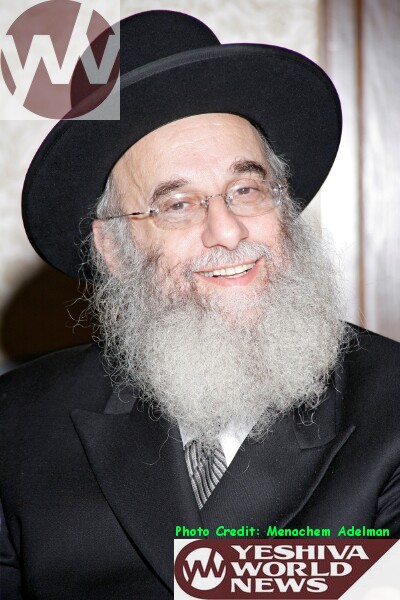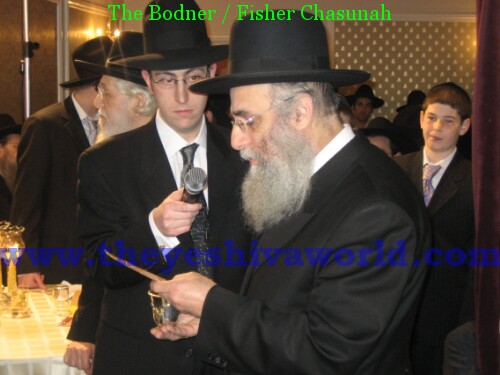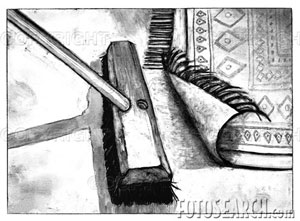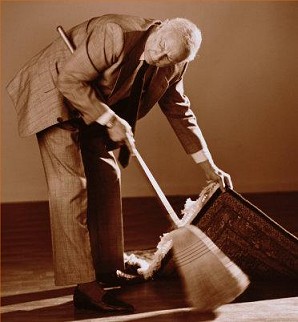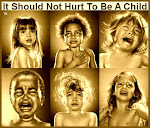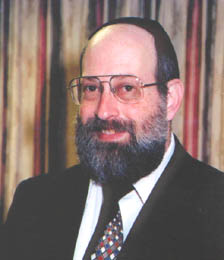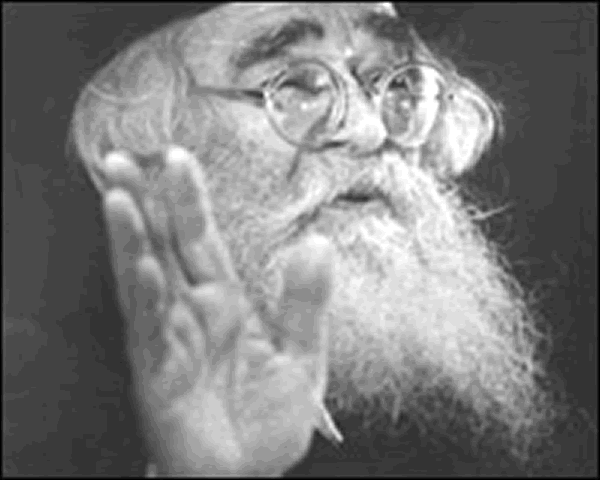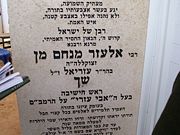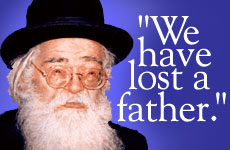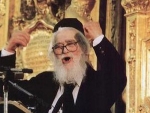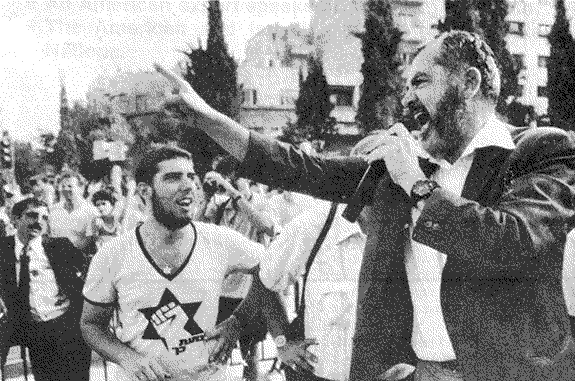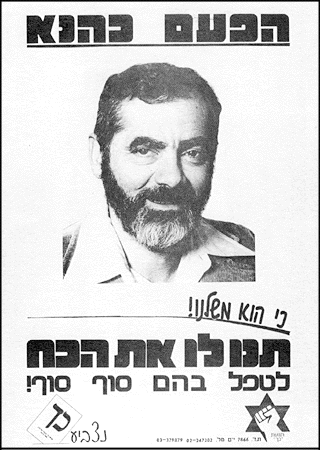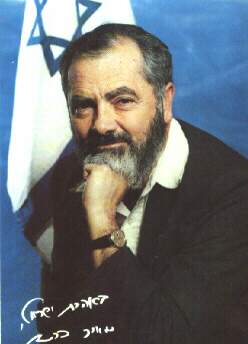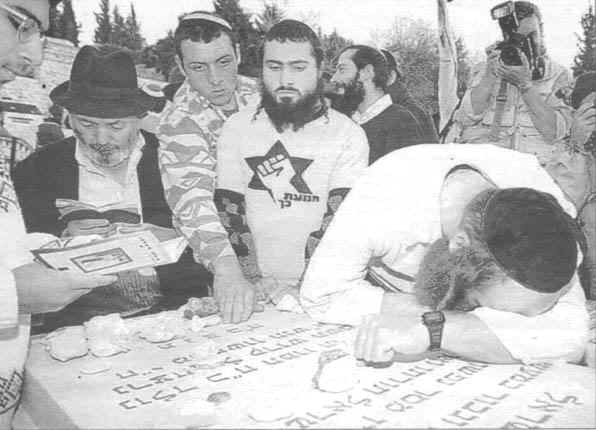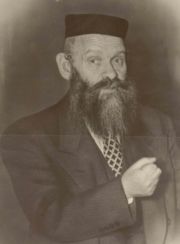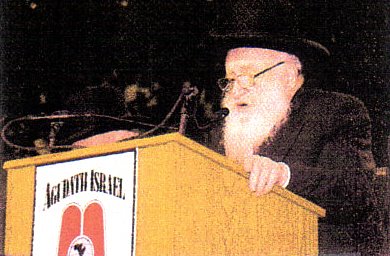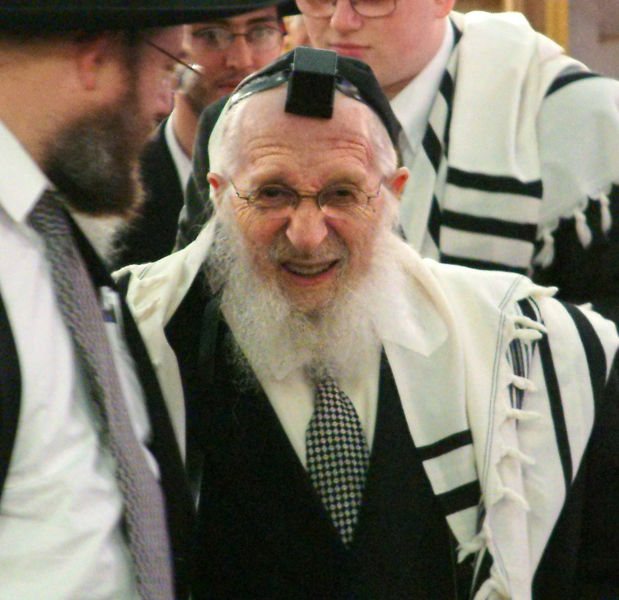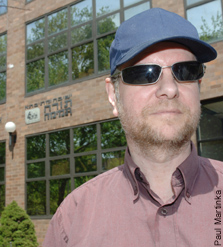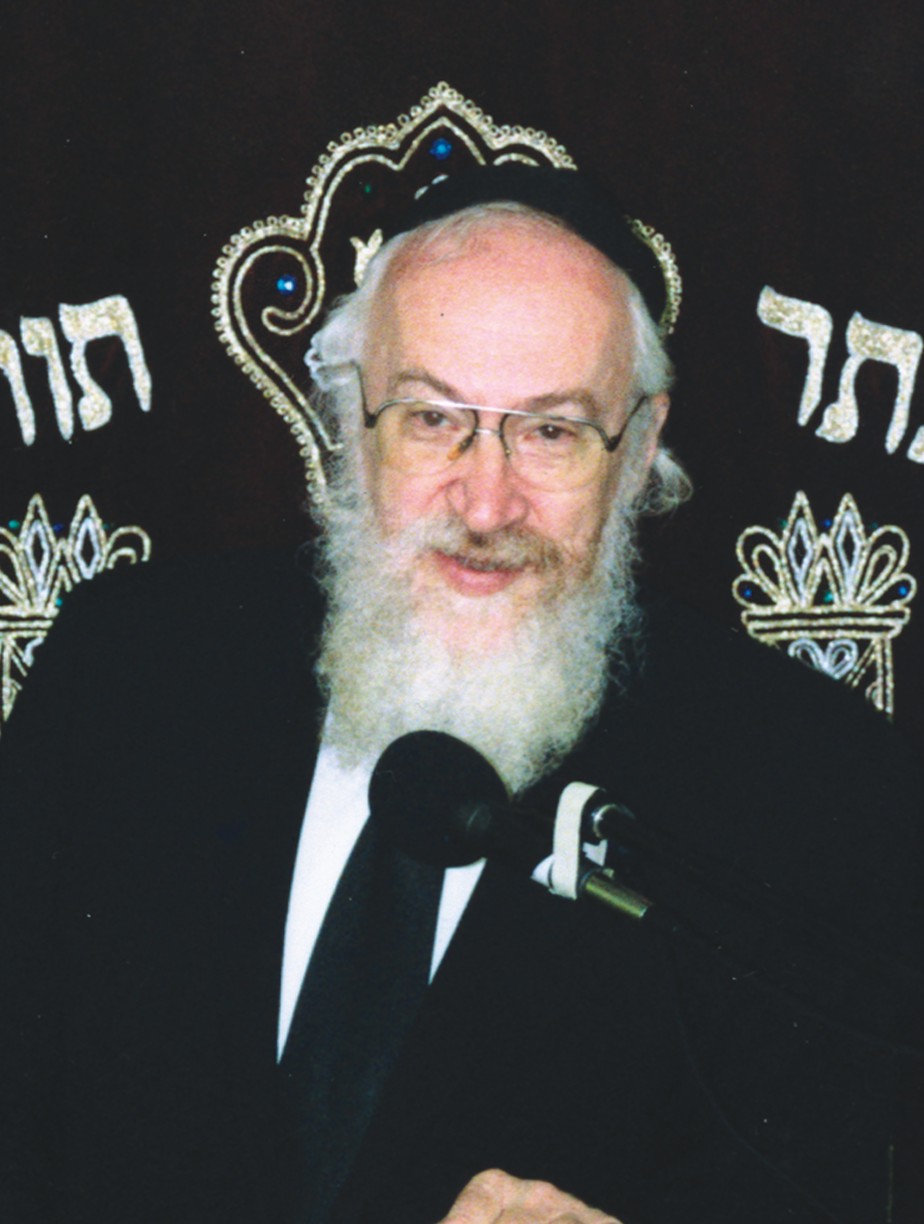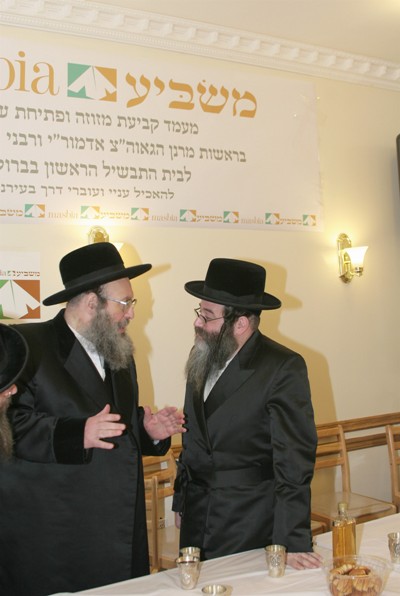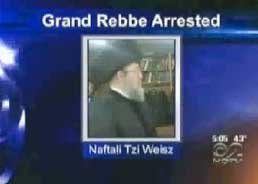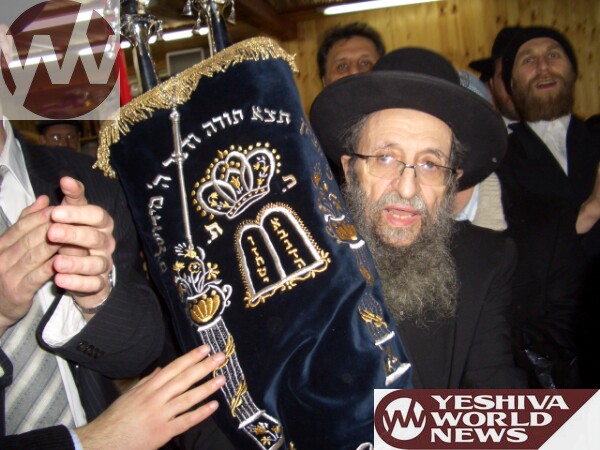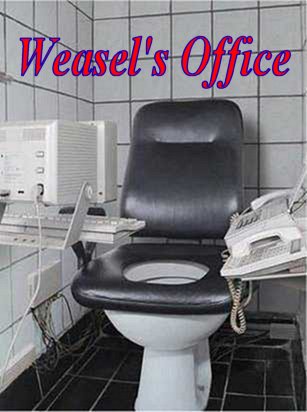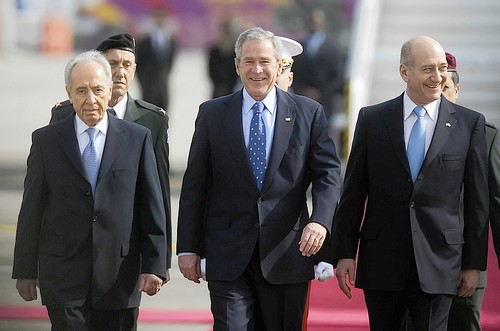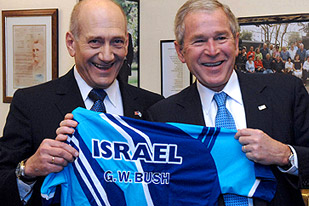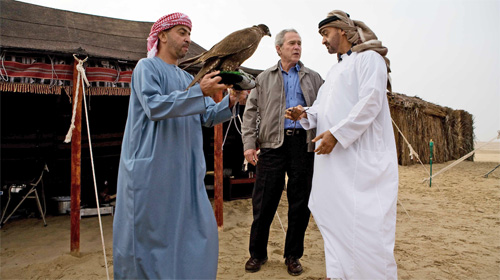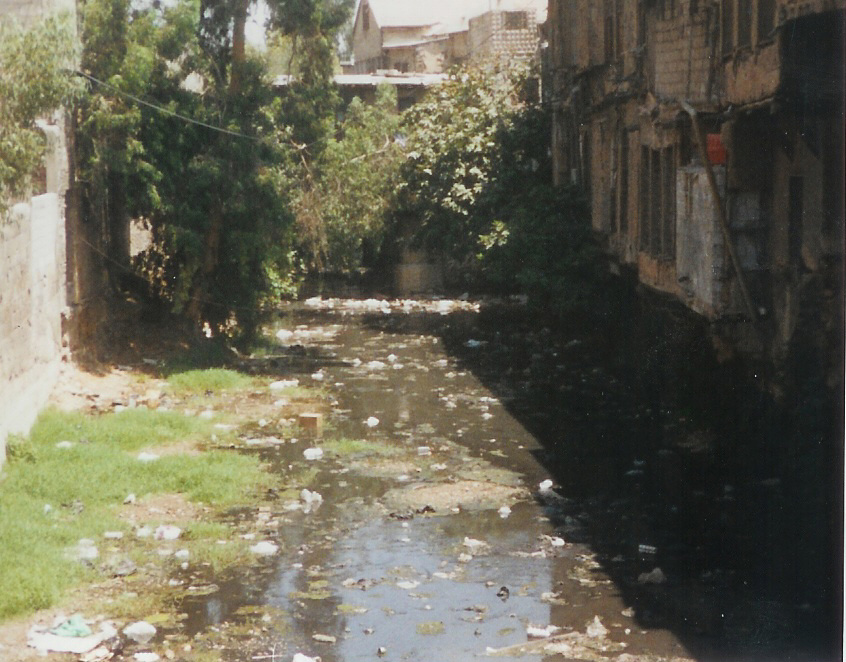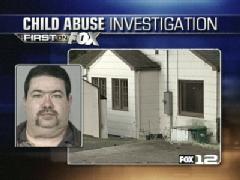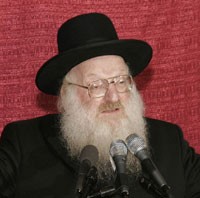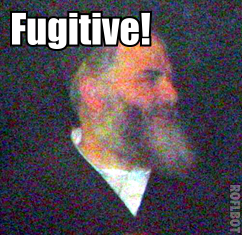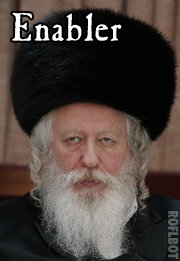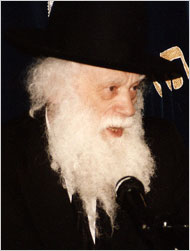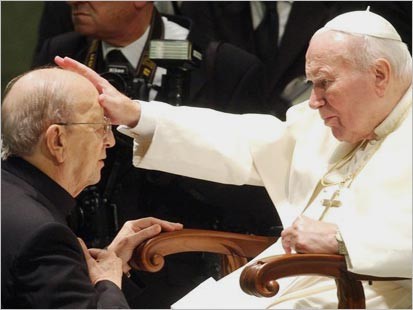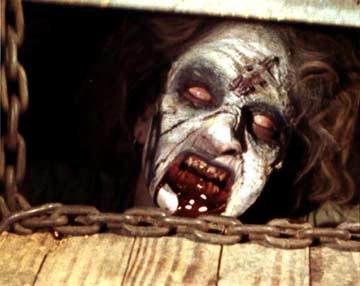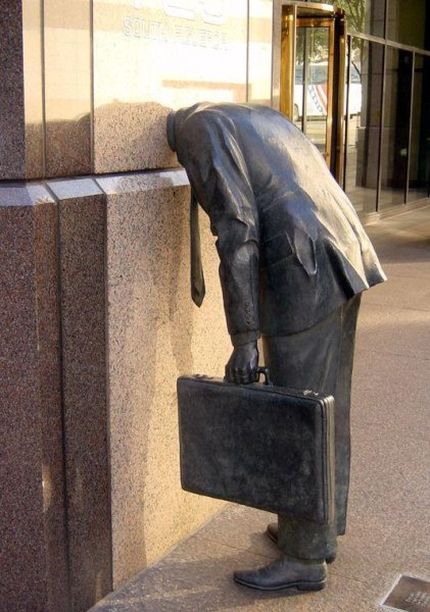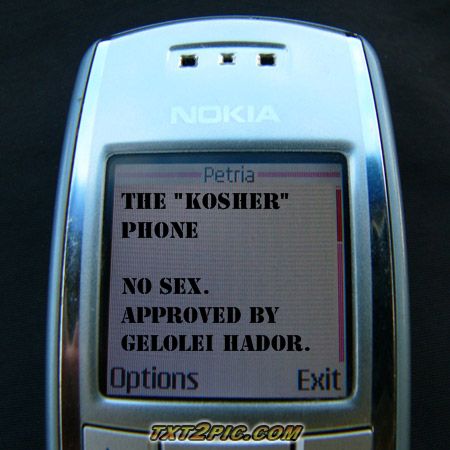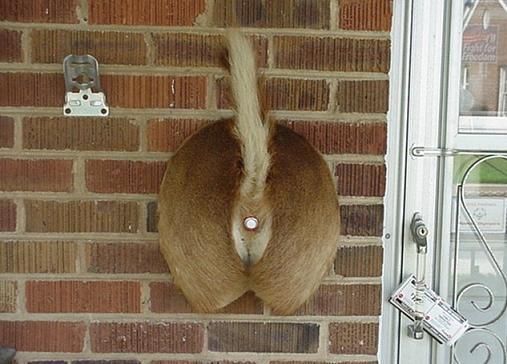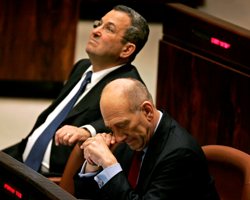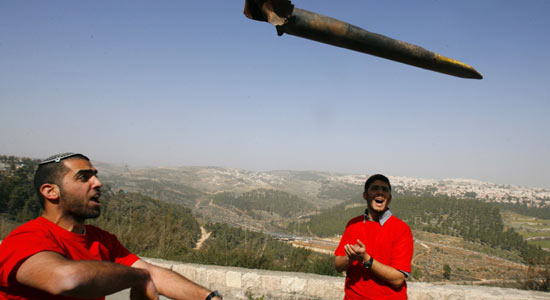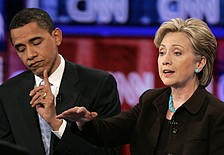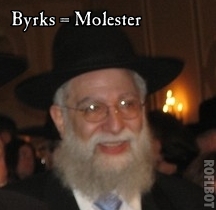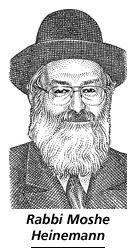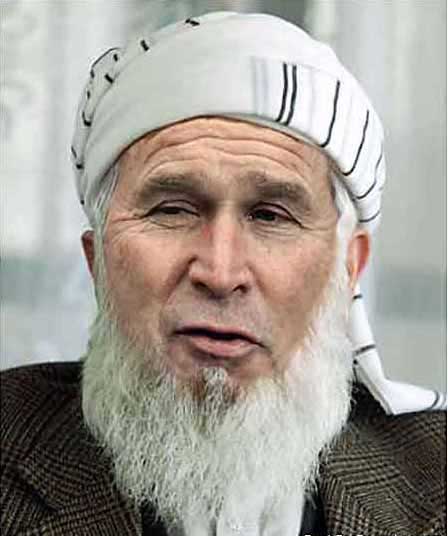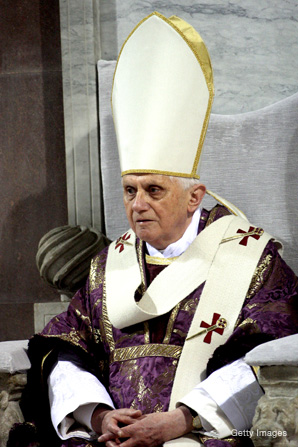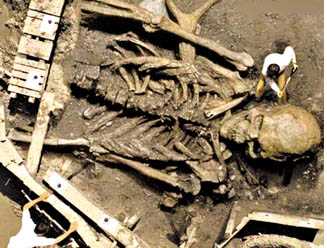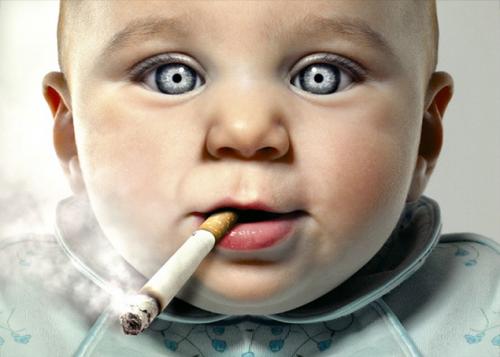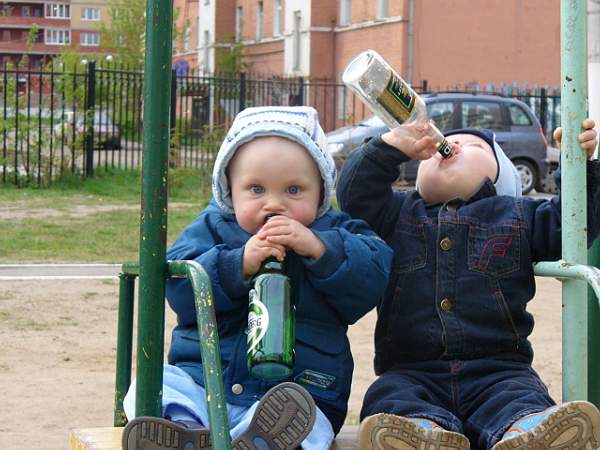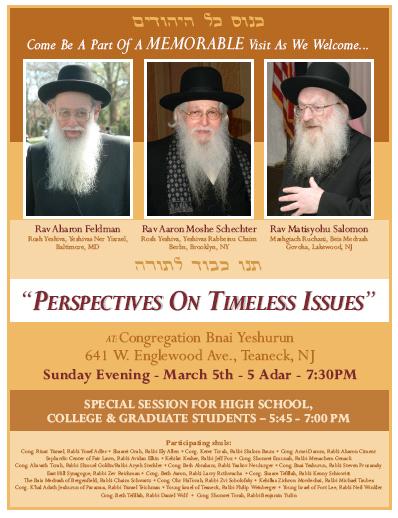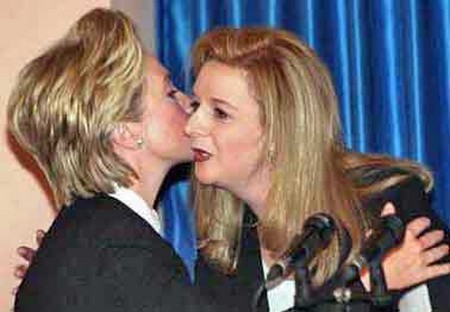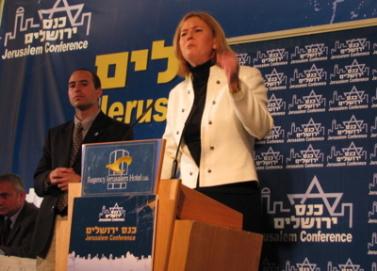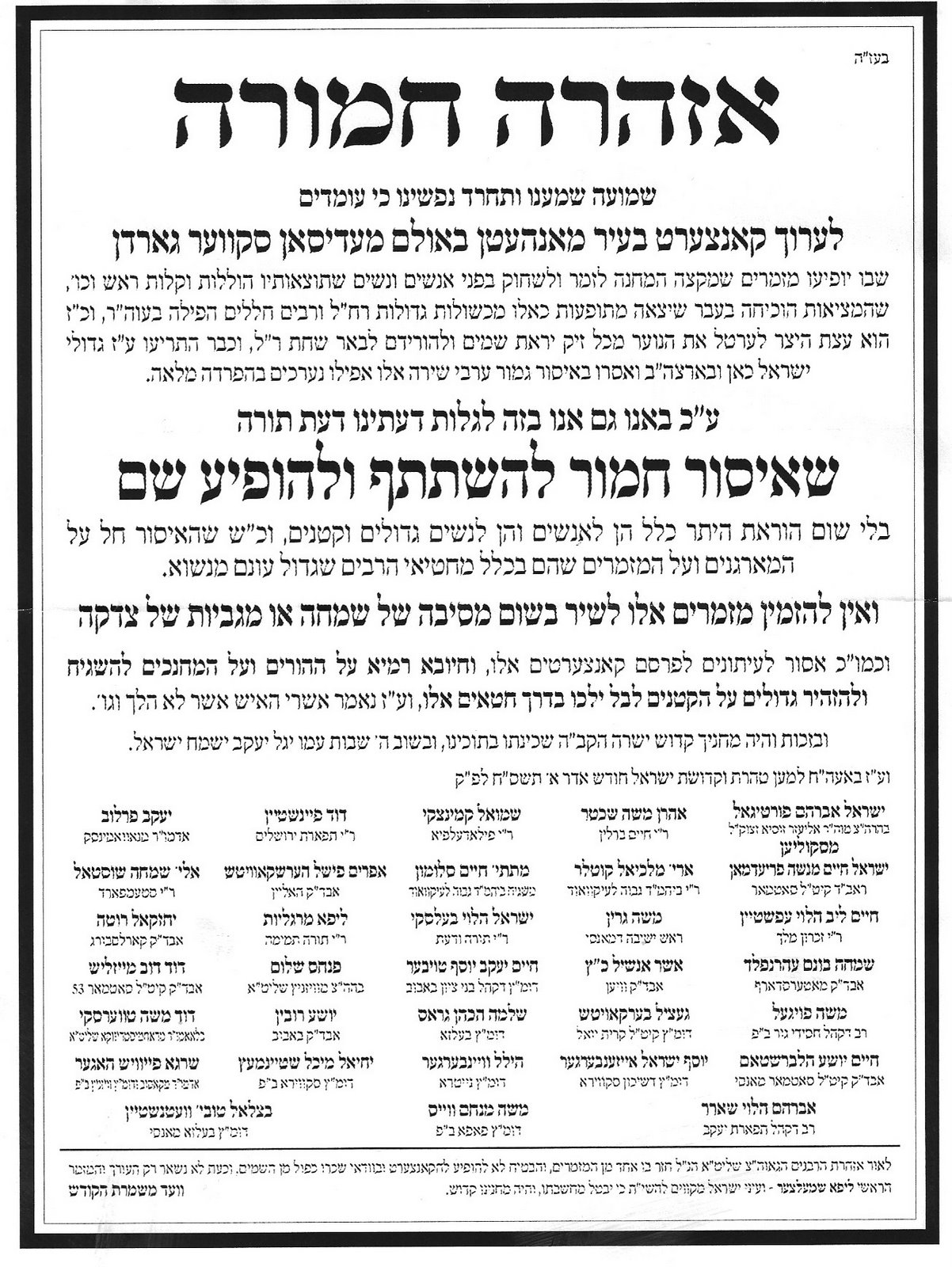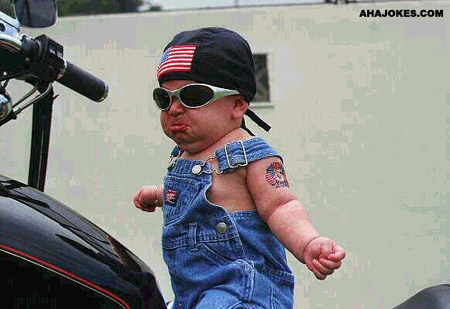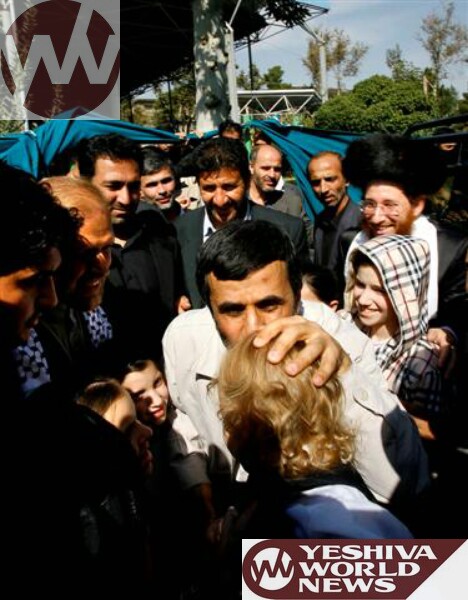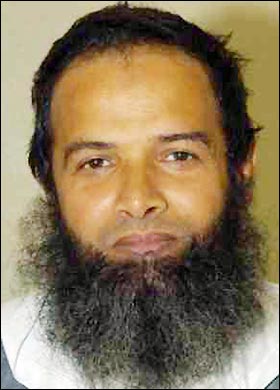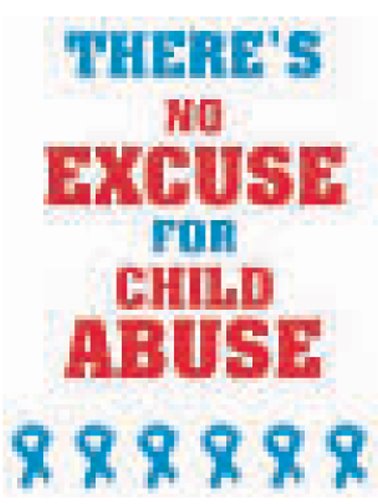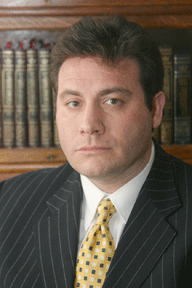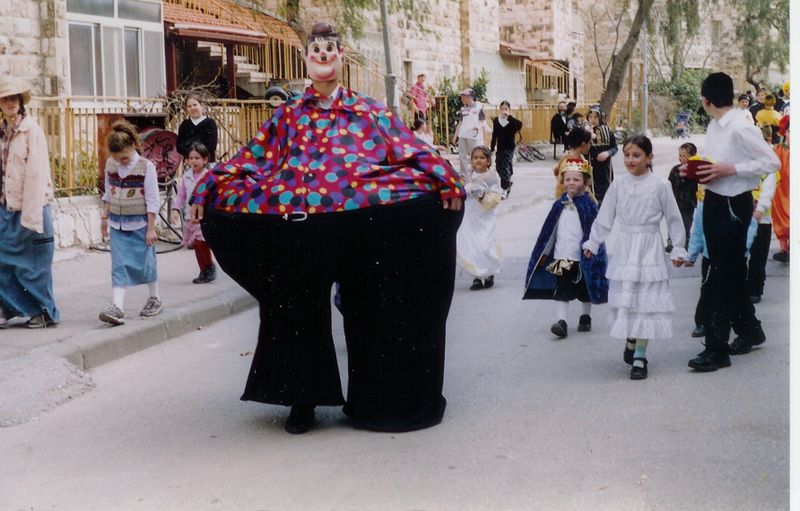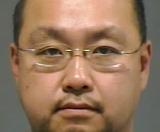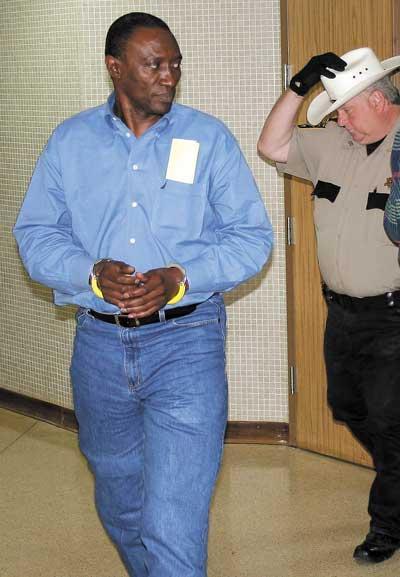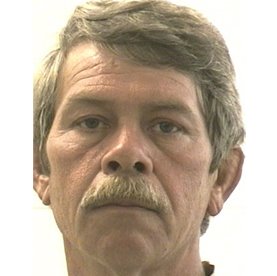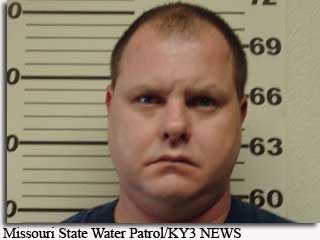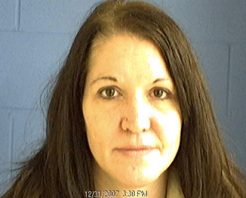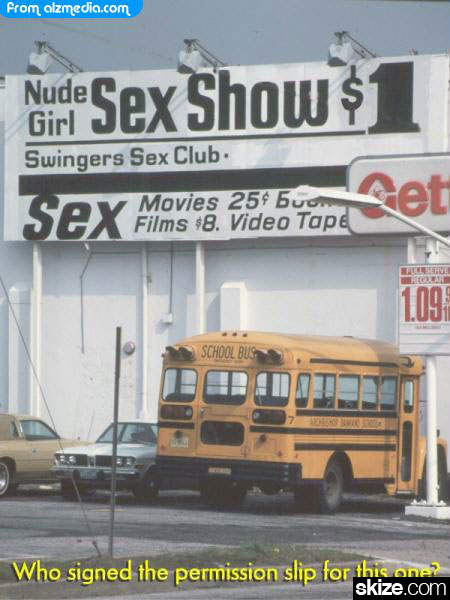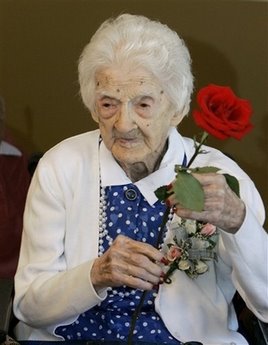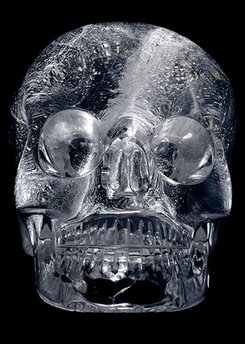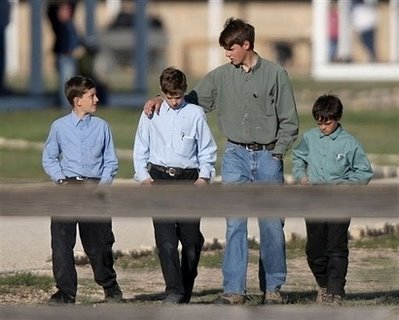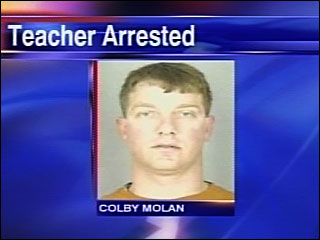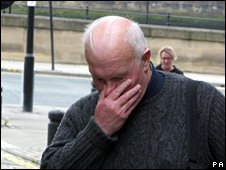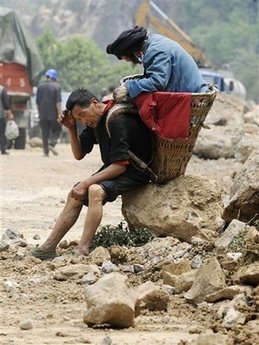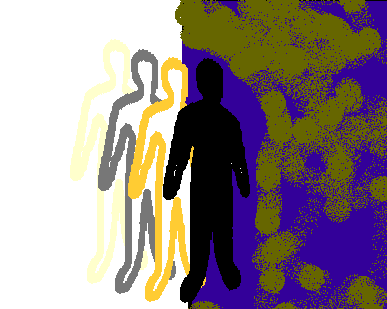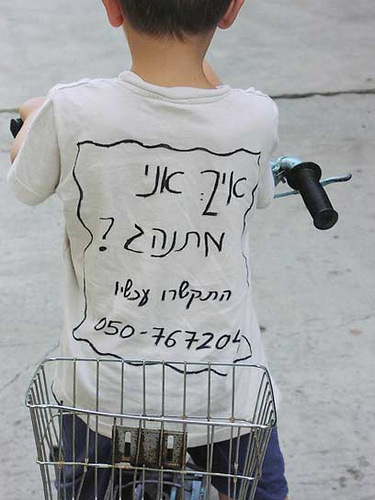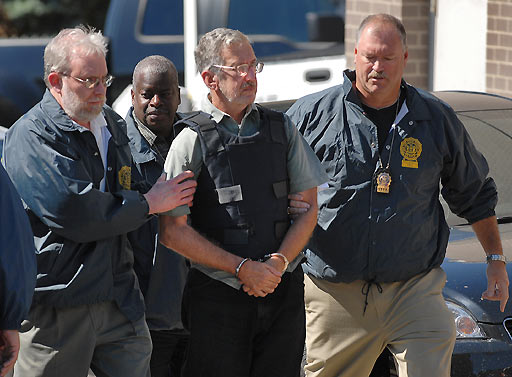
Alan Horowitz is escorted by authorities Thursday into the Schenectady County jail. (Lori Van Buren / Times Union)
-----------------------------------------------------------
| A Video Depicting Charles Hynes Brooklyn da's heroic work with the Elderly...Charles Hynes Brooklyn DA Elderly | Views: 34 Added: 4 days ago | |
| Time: 09:39 | More in News & Politics |
========================================================
Case of Rabbi Avrohom Mondrowitz, M.Sc., Ph.D., L.N.H.A
(AKA: Abraham Mondrowitz, Avremel Mondrowitz)
Chicago, IL, Brooklyn, NY, Jerusalem, Israel
"Brooklyn District Attorney Elizabeth Holtzman's office said Mondrowitz was named in a December 3, 1984, arrest warrant charging him with two counts of sex abuse". Rabbi Avrohom Mondrowitz worked in special education school for boys in Brooklyn, that had connections with Ohel Children and Family Services in Brooklyn, New York. He was responsible for about 20-25 young children who already had either emotional problems and/or learning disabilities.
Avrohom Mondrowitz is originally from Chicago, the son of a highly respected rabbi. He is about 55 years old, and resides in Jerusalem, Israel. The Awareness Center is currently asking for help locating articles and photographs. If you have any, please contact The Awareness Center, Inc.
Former New Yorker Avrohom Mondrowitz has built a quiet, comfortable life as a college professor in Jerusalem. The syllabus for his business administration course at Jerusalem College of Engineering is posted on the Web, along with his phone number.========================================================
Child Counselor in Brooklyn Is Charged With Abusing Boy
The New York Times
December 10, 1984, Monday, Late City Final Edition
Section B; Page 15, Column 4; Metropolitan Desk
A Brooklyn man who runs a child- counseling practice from his home is being sought on charges he sexually abused a 10-year-old boy, authorities said last night. The man was identified as Avrohom Mondrowitz of 1440 60th Street in the Borough Park section. A spokesman for the Brooklyn District Attorney's Office, which issued an arrest warrant for Mr. Mondrowitz last week, said he was ''missing'' from his home.
The complaint on which the warrant is based charges Mr. Mondrowitz with two counts of sexual abuse in the first degree and endangering the welfare of a child.
=======================================================
Rabbi Ordered Out Of Israel To Face Abuse Charges In US
The Associated Press (Boston Globe) - March 19, 1987
TEL AVIV -- The government has ordered the expulsion of a self-styled rabbi who has been charged in New York with sexually abusing a 10-year-old boy under his care, the interior minister said yesterday.
Israeli-born Abraham Mondrowitz, 40, has denied wrongdoing. His Israeli attorney, David Ofek, said the child molesting charge was an "ugly libel."
Mondrowitz is not in custody in Israel, and his whereabouts was not immediately known.
The expulsion order came more than two...
=============================================================
Dateline: Jerusalem
United Press International - March 19, 1987, Thursday, BC
SECTION: International
JERUSALEM: Officials said Thursday an ultra-Orthodox Jewish rabbi is facing deportation to the United States to face charges of sexually molesting children in New York.
Justice Ministry officials said a deportation order is being prepared against Avrohom Mondrowitz, who moved to Israel two years ago after operating a child psychology clinic and hosting a weekly radio talk show in Brooklyn, N.Y.
In Brooklyn, a spokesman for District Attorney Elizabeth Holtzman said Mondrowitz was indicted in December 1984 on two charges of sex abuse and endangering the welfare of a child.
The Jerusalem Post reported the New York Police Department has issued wanted posters featuring a photo of the bearded, bespectacled, black-clad Mondrowitz, saying he is sought for numerous sexual abuses in Brooklyn.
Mondrowitz, in Jerusalem with his family, denied the charges.
''In my life, I have never raped children. I am a healthy man in body and spirit,'' he told the Yedioth Ahronoth newspaper.
Mondrowitz moved to Israel from New York two years ago with his wife and seven children.
U.S. officials asked Israel to deport Mondrowitz shortly after he left New York, but former Interior Minister Yitzhak Peretz refused the request. Peretz recently left office and U.S. authorities tried again for deportation.
Extradition was ruled out because the crimes Mondrowitz is charged with are not covered by the U.S.-Israeli extradition treaty.
==========================================================
Israel Will Extradite Self-Styled Rabbi
By Associated Press
Los Angeles Times - March 19, 1987
Thursday, Late Final Edition - SECTION: Part 1; Page 14; Column 1; Foreign Desk
TEL AVIV Israel has ordered the expulsion of a self-styled rabbi who has been charged in New York with sexually abusing a 10-year-old boy under his care, the Interior Minister said Wednesday.
Israeli-born Abraham Mondrowitz, 40, arrived in Israel in 1985 from New York, where he had counseled children at an unlicensed clinic in his home. In December, 1984, New York City police charged that on two occasions in June of that year, Mondrowitz abused a 10-year-old boy at his home, which doubled as his office.
======================================================
Expulsion move sought over child sex attacks
By Ian Murray
The Times (London) - March 20 1987
Friday, SECTION: Issue 62721.
JERUSALEM The Israeli Ministry of the Interior is drawing up a deportation order against an ultra-Orthodox child psychologist wanted for questioning in the United States about alleged sexual assaults on more than 100 children, of whom 28 are now said to be suffering from Aids.
The man involved, Dr Avroham Mondrowitz, has been living in Israel for two years using an extended tourist visa, but according to relatives he has now gone into hiding with his wife and six of his seven children. His lawyer has described the allegations, made in charges by the Brooklyn Sex Crimes Squad, as 'ugly libel'.
In an interview last summer with the Jerusalem Post, Dr Mondrowitz said the allegations against him were false. But a New York grand jury has so far received six sworn affidavits alleging sexual assault by him. A Brooklyn rabbinical edict alleges that he took children to see pornographic films and then sexually assaulted or raped them.
Previous extradition requests were rejected by the former Interior Minister, Mr Yitzhak Peretz, an ultra-Orthodox rabbi.
==========================================================
Rabbi faces deportation to U.S. on charges of molesting children
[FINAL Edition]; The Ottawa Citizen, Ottawa, Ont.;
Mar 20, 1987; pg. A.1
Dateline: JERUSALEM
Abstract: Justice Ministry officials said a deportation order is being prepared against Avrohom Mondrowitz, who moved to Israel two years ago after operating a child psychology clinic and hosting a weekly radio talk show in Brooklyn, N.Y.
U.S. officials asked Israel to deport Mondrowitz shortly after he left New York, but former Interior Minister Yitzhak Peretz refused the request. Peretz recently left office and U.S. authorities tried again for deportation.
JERUSALEM (UPI) - Officials said Thursday an ultra-Orthodox Jewish rabbi is facing deportation to the United States to face charges of sexually molesting children in New York.
Justice Ministry officials said a deportation order is being prepared against Avrohom Mondrowitz, who moved to Israel two years ago after operating a child psychology clinic and hosting a weekly radio talk show in Brooklyn, N.Y.
In Brooklyn, a spokesman for District Attorney Elizabeth Holtzman said Mondrowitz was indicted in December 1984 on two charges of sex abuse and endangering the welfare of a child.
The Jerusalem Post reported the New York Police Department has issued wanted posters featuring a photo of the bearded, bespectacled, black-clad Mondrowitz, saying he is sought for numerous sexual abuses in Brooklyn.
Mondrowitz, in Jerusalem with his family, denied the charges.
"In my life, I have never raped children. I am a healthy man in body and spirit," he told the Yedioth Ahronoth newspaper.
Mondrowitz moved to Israel from New York two years ago with his wife and seven children.
U.S. officials asked Israel to deport Mondrowitz shortly after he left New York, but former Interior Minister Yitzhak Peretz refused the request. Peretz recently left office and U.S. authorities tried again for deportation.
Extradition was ruled out because the crimes Mondrowitz is charged with are not covered by the U.S.-Israeli extradition treaty.
===========================================================
Israel to deport doctor
By Ian Murray
The Times (London) - March 23 1987
SECTION: Issue 62723.
JERUSALEM Mr Ronni Milo, the acting Israeli Interior Minister, is to press ahead with an order to deport Dr Avroham Mondrowitz, an ultra-Orthodox child psychologist who is wanted for questioning about sexual assaults on Jewish boys in Brooklyn (Ian Murray writes).
The doctor has had tests for Aids because 28 of those he is said to have interfered with are alleged to have been infected. The tests have shown that he does not have Aids nor is he a carrier of it, but Mr Milo says he will issue the order because 'an accused person - Jew or non-Jew - should stand trial'.
=============================================================
Avrohom Mondrowitz (avrohom.mondrowitz@telrad.co.il)
Tue, 23 Sep 1997 10:41:27 +0200
http://www.torah.org/linkedlists/torah-forum/vol3/0783.html
Since the establishment of the State of Israel, it has become fashionable to speak Hebrew with a Sephardic accent. The truth is that, though it is difficult for us Ashkenazim to accept, Loshon Hakodesh was pronounced in a manner more similar to today's Sephardic manner than to ours.
The famed sage Rabbi Noson Adler of Frankfort au Main, Germany , brought a special person from Israel , over 200 years ago, to teach him the correct pronunciation. Rabbi Adler's successor and famous student Rabbi Moshe Sofer, the "Chasam Sofer" also prayed using the Sephardic dialect. Yet among his famous responsa he told his congregants in Frankfort and elsewhere, to continue using their customary dialect "while praying 'Lifnei Hateiva', as the public prayer leader or cantor".
There is another point called "messora", the handing down of customs and traditions, that can not be easily abandoned. This is a very involved law, and quite interesting. By the way, in the same manner that Ashkenazi pronunciation has changed due to the influence of the different European languages spoken, so it is with today's Sephardic pronunciations. There is change due to African and Arabic languages that have left their mark. Probably the purest form of Loshon Hakodesh available today is found by those that lived in Teiman (Yemen).
Avrohom Mondrowitz,
Jerusalem
============================================================
Lashon Harah (the language of Evil)
Avrohom Mondrowitz (avrohom.mondrowitz@telrad.co.il)
Tue, 23 Sep 1997 10:19:06 +0200
http://www.torah.org/linkedlists/torah-forum/vol3/0786.html
In answer to Karen Binney's question of "are jokes about an individual or group (usually degratory - my addition) considered Loshon Hara, if you look in the very first verse of Thillim (Psalms), King David clearly states "and in a group of 'Leitzim' he was not sitting". There is a difference between humor and "Leitzonut". The Ibn Ezra as well as the Metzudat Tzion both explain that a "Letz" tends to besmirch another's honor or name in a way that seems innocuous and therefore settles itself in one's heart easier. This is a different matter than Loshon Horah. The Chafetz Chaim, the author of the the definitive "Shmirat Halashon" explains that the sin of "Letzonut" is on a par with speaking Loshon Harah.
Avrohom Mondrowitz,
Jerusalem
==============================================================
Jewish Community Grapples With Sex Abuse
By Stephanie Saul - Staff Writer
Newsday - May 26, 2003, 8:10 PM EDT
http://www.nynewsday.com/news/local/crime/nyc-rabbi0527,0,3810252.story?coll=nyc-manheadlines-crime
This is the first in a three-part series.
It was the sound of ripping cloth, they said, that woke them up.
On an August night in the Catskills, with summer camp almost over, the boys had fallen asleep in their bunkhouse, exhausted from play and religious study. Only minutes later, they would later testify in court, the noise awakened them. Then came mysterious movements in the dark cabin. The campers lay still. Why was a human figure hovering over the bed of a 10-year-old Woodmere boy?
The terrified boy blurted out his allegation to a camp counselor almost a day later: Someone, he said, had torn open the seat of his pajamas and sexually abused him.
The boy's parents were called to camp more than a day later, but police were not notified.
"We all concurred that considering the trauma that would possibly result from further action, it would be best not to take any additional action," according to the camp's notes, later filed in court in a civil suit. A state Department of Health sanitarian later found that the camp violated state regulations by not reporting the accusation.
Police learned of the allegations two months later, alerted by a psychologist who was treating the boy. The boy's mother later told a state official she felt pressured to remain silent, according to state health department records. After all, the alleged abuser and the camp officials were revered religious leaders.
The accused was eventually acquitted by a judge, who said "contradictory and sometimes retracting statements" left him unclear about what happened. The camp suggests that the alleged incident was fabricated.
After more than a year of charges and disclosures concerning sexual abuse of young people by Catholic priests, the story may sound familiar. But the camp, Mogen Avraham, is a popular summer retreat in Bethel for Orthodox Jewish children. And the accused was not a priest, but a teaching rabbi from Forest Hills.
The alleged 1998 incident at Camp Mogen Avraham is just one in a growing dossier of allegations that rabbis, cantors and other Jewish religious leaders have abused children and teenagers in their care, a Newsday investigation has found.
In sheer numbers, the problem is unlikely to rival the Catholic Church's, since priests outnumber rabbis by roughly nine to one. While there is no data on the number of clergy with sexual disorders, experts say that, anecdotally, the problem does not seem as severe in the rabbinate as in the priesthood, even in relative terms.
Even so, some rabbis call the sexual abuse allegations a "crisis," and religious organizations are grappling with ways to handle it.
"We have a huge problem on our hands, a problem that is just beginning to be addressed in religious circles," Vicki Polin, a psychotherapist, said in recent testimony to the Maryland legislature.
Polin, who is Jewish and calls herself a survivor of childhood sexual abuse, runs The Awareness Center, a Baltimore-based clearinghouse that tracks sexual abuse allegations against Jewish religious leaders. The center's Web site lists about 40 alleged cases of abuse involving rabbis and cantors. As with the Catholic scandals, Jewish victims say they still struggle years, even decades, later with this betrayal of trust.
"I can honestly say that he ruined not only my Bas-Mitzvah, but my faith in Judaism," wrote one woman, now 30, referring to Rabbi Sidney Goldenberg. In a letter to California prosecutors, the woman said Goldenberg, then a cantor, made lewd comments and rubbed her thigh in her parents' home in Seaford in 1985. At the time, he was supposed to be helping her prepare for her bat mitzvah, the joyous and solemn religious celebration when a Jewish girl turns 13.
Goldenberg was convicted in 1997 of abusing a 12-year-old California bat mitzvah student, after investigators uncovered a 27-year trail of complaints by girls against him. He served three years and is now living on Coney Island, according to police.
Like the Goldenberg case, the abuse allegations tend to have common elements, including some familiar from the Catholic scandals:
Children and in some cases parents are reluctant to accuse respected clergymen. When they do, they are often disbelieved, dismissed, even derided.
"You have to understand the extent to which the guys in the school looked up to [the rabbi]," says one man, now 38, who says he was abused as a teenager by a rabbi now teaching in Israel. "He was beyond question."
And another rabbi recalls dismissing several girls' complaints against Goldenberg as "some giggly thing."
Religious authorities fail to report abuse charges to the police. Among strictly observant Orthodox Jews, this tendency is bolstered by the ancient doctrine of mesira, which prohibits Jews from informing on other Jews to secular authorities, a legacy of centuries of oppression of Jews in many countries.
When religious leaders try to investigate cases and prevent abusers from having contact with children, their efforts often fail. "Few rabbis have any training in recognizing abuse, and the rabbinical courts have no investigative arm," says Rabbi Yosef Blau, the spiritual counselor to students at Yeshiva University.
Alleged abusers continue to operate freely by moving among congregations, states, even countries. Avrohom Mondrowitz, a self-styled rabbi who once had a popular radio show in Brooklyn, is living openly and teaching in a Jerusalem college although he is wanted on charges of sexually abusing four Brooklyn boys, aged 10 to 16. If he ever returns to the United States, he will be arrested, according to the office of Brooklyn District Attorney Charles J. Hynes.
Many of the alleged abusers were popular, even charismatic leaders, who were thought to be particularly good in relating to young people. Rabbi Baruch Lanner, convicted last year of endangering the welfare of two girls at a New Jersey yeshiva, sidestepped abuse allegations for years, in part because of his reputation as a dynamic figure in an Orthodox youth program.
Unlike the Catholic Church, Jewish authority is not centralized, but various groups within the branches of Judaism have begun to strengthen anti-abuse policies for their members.
At its annual meeting, which starts today in Rye, the Rabbinical Council of America, an organization of 1,100 Orthodox rabbis, features programs on curbing abuse, including one entitled "Rabbinic Behavior: Confronting a Crisis of Accountability."
"We're trying to establish that inappropriate behavior is inexcusable," said Rabbi Hershel Billet, president of the organization and rabbi at Young Israel of Woodmere.
Rabbi Tzvi Hersh Weinreb, a psychotherapist who is also the Orthodox Union's executive vice president, said he hopes the rabbinical council will make a firm commitment during the meeting "to develop a real, real tight program" combating sexual abuse.
The rabbinical council is expected to discuss ways to adjudicate abuse allegations against its members, with penalties that include ouster.
Sources within the organization say that the impetus for the panel's work includes old abuse allegations against Rabbi Ephraim Bryks of Kew Gardens Hills, which he has repeatedly denied, and the recent arrest of Rabbi Israel Kestenbaum of Highland Park, N.J.
Kestenbaum, a chaplaincy leader for the New York Board of Rabbis, was charged in February with endangering the welfare of a minor after allegedly discussing sex with an undercover police officer posing as a teenage girl in a chat room called "I Love Older Men." Kestenbaum has pleaded not guilty.
Rabbis concerned about sex abuse say accusations against a rabbi are often handled quietly, or not at all. Accused rabbis go on hiatus briefly, then revive their ministries in other congregations, even other countries in the far-flung Diaspora.
One of those was Rabbi Matis Weinberg. Accused of sexually abusing students at his California yeshiva two decades ago, he is said to have agreed to leave teaching. But Weinberg resurrected his teaching career in Israel. When Yeshiva University in Manhattan recently unearthed the allegations against Weinberg, the New York school severed its ties to the Jerusalem college where Weinberg had lectured until recently.
Weinberg has never been charged with a crime and has denied the former students' allegations. Through a friend, he declined to discuss the charges with Newsday.
The allegations against Weinberg have been widely reported in the Jewish press and have helped bring the issue to the fore in recent months.
Like the Orthodox rabbis' council, representatives of other branches of Judaism say they are taking steps to combat sexual abuse.
"I would rather this not become an epidemic and I think what we need to do is take affirmative steps to guide people before they make mistakes," said Rabbi Jerome Epstein of the United Synagogue of Conservative Judaism, the lay arm of the Conservative movement. Epstein said the group's committee on congregational standards is currently working on a "best practices" document.
Rabbi Steven Rosenberg of McAllen, Texas, formerly the leader of the Jewish Center of Bay Shore, said his Conservative congregation already has adopted such rules.
"If I have a bat mitzvah in my office, the door is never closed," said Rosenberg, who also tells his 23 religion school teachers "they are not allowed to touch students, not a pat, not a hug."
"It is very important for me for my congregants to know: That kind of behavior -- we will not tolerate it," said Rosenberg.
Rosenberg was sensitized by the case against Sidney Goldenberg, the former cantor, who had worked at the Bay Shore synagogue before moving to California.
Many rabbis say their groups would always notify police about abuse although their rules usually do not spell this out. Such notification was one of the remedies embraced by Roman Catholic bishops in the priest abuse scandal. And Reform rabbis are in the process of revising their ethics code to include such a requirement, according to Rabbi Paul Menitoff, executive vice president of the Central Conference of American Rabbis.
The National Conference of Synagogue Youth, an Orthodox group, does have a policy requiring that police be notified, an outgrowth of its scandal involving Lanner, a longtime youth leader with the group.
In that case, a religious court called a bet din concluded in 1989 that the most serious charges against Lanner were unfounded, clearing the way for his continued youth work. Last year, more than a dozen years later, he was convicted in New Jersey on abuse-related charges.
Orthodox Jews frequently rely on the batei din, but Blau, a member of the Lanner bet din, has become an outspoken critic of the religious court system.
For one thing, he said, judges in the religious courts often know the accused, making fair decisions difficult. In addition, he said that perjury before a bet din is rarely punished.
Appearing in February before dozens of students in the main study hall at Yeshiva University, Blau and the two other members of the Lanner bet din issued an extraordinary public apology for their role in allowing Lanner to continue unchecked for so many years.
"We must do everything in our power to protect potential victims from abuse," the apology said. "This includes reporting accusations of abuse to Jewish and, at times, to secular authorities."
Such a secular-reporting requirement is controversial among some Orthodox groups, partly because it appears to run counter to the doctrine called mesira.
In ancient times, one who violated the doctrine and reported a fellow Jew to secular authorities could be killed on sight. Today, the punishment is generally ostracism in the community.
The vast majority of rabbis agree that mesira is overridden when there is imminent danger to possible future victims, but Blau says the taboo remains, particularly among the most traditional Orthodox.
Civil authorities who seek to act against rabbinic abuse often become frustrated by the reluctance of witnesses to testify.
Prosecutors in Sullivan County complained during the case that their witnesses faced pressure when they tried to prosecute Yaakov Weiner, the teaching rabbi acquitted in the Mogen Avraham case.
"It was a bitter pill for me," remembers Tom Cawley, the former Sullivan County assistant district attorney who prosecuted the Mogen Avraham case. "They sent their kid to camp up here in Bethel and thought he'd be taken care of. Someone was taken care of, all right, but it wasn't him."
Weiner, who has taught in several yeshivas throughout the metropolitan area, consistently denied the charges. Attempts to reach him through one of his lawyers were unsuccessful.
The boy's mother and father, a rabbi himself, would not discuss the case with Newsday. But camp and State Health Department records filed in court indicate that the parents were not told of the alleged abuse until nearly 48 hours after the boy spoke of it, while the 36-year-old Weiner's father, a rabbi well-known in the Queens Orthodox community, was notified sooner.
Contacted recently, the camp's current executive director, Moshe Wein, defended the camp's handling of the accusation, saying, "There's no evidence to indicate that an incident took place." He added, "This may be one of those cases in which a child lied."
Lawyers for Weiner at his bench trial made much of contradictions in the boy's statements. But the most confusing testimony came from the alleged victim's bunkmates.
One of the boys reversed his story between the time he spoke to police and the trial several months later, Cawley said in court.
"We believe that there was pressure placed on the victim and children's families to get them not to testify," said Sullivan County District Attorney Stephen Lungen in a recent telephone interview. "There was a child who could have substantiated what was said, and that family would not cooperate."
The entire matter left Sullivan County Judge Frank Labuda confused.
"It is clear in the evening hours of August 8 and the morning of August 9, two years ago, something happened at bunk 3 Gimel bunk... " he said in his January 2000 ruling. But Labuda concluded that trial testimony "does not create a clear picture for this court of exactly what happened in Gimel bunk nor who did it."
He found Weiner not guilty.
==========================================================
By Stephanie Saul - Staff Writer
Newsday - May 28, 2003
Last in a series.
Former New Yorker Avrohom Mondrowitz has built a quiet, comfortable life as a college professor in Jerusalem.
The syllabus for his business administration course at Jerusalem College of Engineering is posted on the Web, along with his phone number.
Mondrowitz is living so openly, it's hard to believe the psychologist and self-styled rabbi is wanted for allegedly sexually abusing four Brooklyn boys, ages 10 to 16. The charges against him include sodomy.
"I don't want this hydra to lift its head again," said Mondrowitz, declining to discuss his 1985 indictment on 13 counts. Once the host of a radio program in Brooklyn, Mondrowitz will be arrested should he ever re-enter the United States, according to the office of Brooklyn District Attorney Charles J. Hynes.
But according to U.S. Justice and State department documents, Hynes' office approved a decision in 1993 to drop efforts to extradite Mondrowitz, a U.S. citizen who has been sheltered by the Israeli government since he fled the United States in 1985.
Michael, a New Jersey attorney who obtained the federal documents after years of research on the Mondrowitz case, said the decision to drop efforts to return Mondrowitz to the United States is an embarrassing one, considering the severity of the charges.
A spokesman for Hynes, Jerry Schmetterer, was at a loss to explain the decision.
"We don't know anything about the State Department closing its file," said Schmetterer, calling the federal records a "mystery."
"We have nothing in our files to indicate we ever made that decision," said Schemetterer, emphasizing that the Mondrowitz file is still kept in a prosecutor's desk in the event Mondrowitz ever returns from Jerusalem.
Escape to Israel is merely one of the factors that can hamper prosecution of alleged sex abuse in the Orthodox community.
Police and prosecutors find that victims of alleged sexual abuse in those communities are discouraged from coming forward.
Intense pressure is often brought to bear on complainants who bypass rabbinical courts -- the community's preferred method of settling disputes -- and instead go to secular authorities. Witnesses, who are often young, become fearful and wavering. And prosecutors face pressure from a community that votes as a cohesive block.
One woman, whose son was called to testify about an alleged instance of abuse, said that extraordinary pressure was placed both on her family and on the family of the alleged victim.
"I had rabbis coming by. They threatened we'll have curses in our family. It might sound silly to you, but it was very frightening," said the woman.
She said that rabbis supplied her with a statement from a psychologist who had never examined her son, saying he was not fit to testify.
In Brooklyn, with its large Hasidic community, police have been confounded by the outcomes of some cases they investigated involving the Hasidim.
At a loss to explain the cases, some cops in the 66th Precinct, which includes Borough Park, have shrugged their shoulders and paraphrased a line from the Jack Nicholson film "Chinatown" -- "Forget it, Jake, it's Brooklyn."
One of those who recalls making the remark was retired police Capt. William Plackenmeyer, who worked for many years in Brooklyn. "In Brooklyn, it almost seemed like there were two penal codes, one for the Hasidic community and one for everyone else," Plackenmeyer said.
But Hynes' office says decisions on prosecutions are made without regard to political considerations or community pressure.
"We prosecute sex crimes. We prosecute allegations of child abuse, sex abuse," said Schmetterer. "Trained investigators conduct these investigations and come to a conclusion. They make the decision."
The arrest of a popular rabbi in the Bobox Hasidic sect in January 2000 provides another example of the pressure that can be placed on those who complain to outside officials. In that case, a 9-year-old boy accused the Brooklyn rabbi, his tutor, of physically and sexually abusing him.
In the end, Hynes' office threw out all charges against Rabbi Solomon Hafner. Schmetterer said they were found to be baseless.
But before the case was resolved, the police assigned 24-hour protection to the complainant's family, according to a law enforcement source. The family had been threatened by members of the Bobov community, the source said.
"They excoriate the victim, they run them out of the community, they make sure the victim will never marry," said sociologist (Name Removed), who, with Michael, researched the Hafner case and frequently writes about domestic abuse in the Orthodox community and provided documents for this article.
The boy's family later moved from Brooklyn to the quieter Bobov community in Monsey. The family would not talk to Newsday, but a friend said the move was an effort to escape community pressure.
While Hynes' office was examining the boy's allegations, the Bobov community convened a rabbinical court, a bet din, to conduct its own investigation.
The child's uncle later complained that rabbis on the bet din had asked the family to sign a document saying the boy was crazy so that they could get the criminal case thrown out. Several members of the bet din either did not return calls from Newsday or declined to discuss the religious court's proceedings.
Meantime, according to the law enforcement source, Bobov rabbis appeared in Hynes office' to plead in Hafner's defense.
Hynes' spokesman Schmetterer would not confirm or deny that such meetings took place, but he said it is not unusual for Hynes' office to meet with community leaders on cases.
After the bet din decision, the five-member panel posted notices throughout Borough Park clearing Hafner. "Rabbi Hafner's comportment with [the child] has been in complete accordance with both Torah law and the law of the land, and a parent should not hesitate to engage Rabbi Hafner as a tutor for his/her child."
With intense pressure from the community common in such cases, families also come under indirect pressure not to go public with their cases.
The social stigma attached to being the victim of sexual abuse in the general public is magnified within the Hasidic community, sources said, so much so that Hasidic victims can find it difficult to marry within the community.
And, as with sex-abuse allegations generally, parents fear causing further psychological damage to their children by placing them on the stand.
In 1995, for instance, Hynes' office charged Rabbi Lewis Brenner with repeatedly sexually abusing a boy starting in 1992 and ending in 1995, when the boy, then 15, told police. Among other places, the alleged encounters occurred in the bathroom of the rabbi's Brooklyn temple.
In a statement to the court, the boys' devastated parents said he could not even attend school, he was so troubled by "a raging cyclone of hate."
"Our son is with us physically today, but his self-respect, dignity and sense of worth were stolen from him at the tender age of 12," the boys' parents said. "Do you realize that you destroyed a world and our family, Mr. Brenner? You have stolen from our son the very essence of his life, his hopes, dreams and aspirations for the future."
The charges against Brenner initially included 14 counts, including sodomy, sexual abuse, and endangering the welfare of a minor. But a plea agreement whittled the charges down to one felony, stunning a Brooklyn judge.
"Given the nature, gravity and frequency of the sexual contact alleged in the felony complaint, this court was surprised by the People's plea offer and requested of the prosecutor a statement why it was forthcoming," said acting Supreme Court Justice Charles J. Heffernan in a court ruling.
The district attorney's office told the judge that the boy's family agreed to the plea bargain ... Recently, an official of the district attorney's office said the family did not want to go through with a trial.
The plea arrangement left Brenner a free man -- he got 5 years probation.
Brenner is the father-in-law of Ephraim Bryks, a Queens rabbi who was the subject of a story in Newsday on Tuesday.
Two teenagers told Canadian police years ago that Bryks abused them when they were youngsters. Bryks has never been charged with a crime and has denied the allegations.
After Brenner's plea deal, he asked the court to exempt him from the sexual abuse registry on grounds that his behavior occurred before the law was passed.
Heffernan refused.
==========================================================
Do the Orthodox Jews have a Catholic-priest problem?
by Robert Kolker
New York Magazine - May 15, 2006
http://www.newyorkmetro.com/news/features/17010/index.htm
For the full impact of the story and for photos that are not available on-line, it is suggest that you buy the magazine at your local news stand.
'Does it hurt?"
The boy and his teacher were in the front seat of the teacher's blue Plymouth sedan. The boy was 12 years old, pale and shy, and new to Brooklyn—plucked out of another life in Toronto after his mother remarried. He'd lost his father when he was 7, and the promise of a fresh start had appealed to him—a new family, a new world to explore. But a few months had passed, and the boy was lonely. His new stepsisters ignored him; he had trouble making friends at his new school. So when a popular teacher who lived nearby took an interest in him, it seemed like welcome news.
The teacher was in his early twenties—closer in age to many of his students than to his colleagues—tall and athletic, with a shock of red hair, and the kids liked him: He wasn't the type who'd shake his fist at the heavens if he'd heard someone had gone to see a movie. The teacher taught first grade, and the boy was too old to be in his class, but they were neighbors. On the way to the bus stop, the boy would spot the teacher walking from his modest ground-floor newlywed apartment, coffee mug in hand, to his car. And on many days, the teacher was happy to offer the boy and a few other neighborhood kids a lift.
The teacher would usually park on the access road alongside Ocean Parkway, and they'd all walk into school together. But on this cold autumn morning, a few months into the school year, the boy would later remember, the teacher didn't leave the car right away. As the boy and his friends began emptying out of the backseat, the boy remembers the teacher turning to him.
"Stay a few minutes. I want to talk to you."
The other kids left.
"Come to the front," the boy remembers the teacher saying. "Come sit beside me."
Was he in trouble? Had he done something wrong? He couldn't think of anything, but he did as he was told.
The Plymouth had a wide bench seat up front, with no split down the middle.
"Come sit on my lap," said the teacher.
Then the teacher picked him up, the boy remembers, and put him on his lap. The teacher's penis was erect.
The boy's mind flooded. Should I scream? Run? He looked toward Ocean Parkway—Isn't somebody watching?
The teacher unfastened the boy's belt, reached around, and slipped his hand into the boy's pants, the boy says.
He couldn't see the teacher's face. But he could hear him.
"Does it hurt?" the boy recalls the teacher saying, over and over. His voice was urgent but also oddly indifferent, as if he were asking about the weather. "Does it hurt?"
The boy was panicked now, desperate to open the car door and run into the school for help. But he was 12 years old, and the teacher was older and stronger, and, after all, he was a teacher.
All the boy wanted was to fit into his new world. The sooner this ended, he thought, the sooner he could forget it ever happened.
The ordeal lasted just minutes, the boy remembers. Then the teacher told him to go. "I don't remember the exact words, but he said something like `Don't tell anyone,' " the boy says.
So into the school the boy went, wondering if he was the only Orthodox Jewish boy who had ever been molested by a rabbi.
For decades, David Framowitz, 48 years old now and living in Israel, tried to forget about Rabbi Yehuda Kolko. But he couldn't put the memories behind him. A few years ago, prompted by a visit to his old neighborhood, Framowitz found himself impulsively Googling the rabbi's name. He had to know what had become of him. What he found was at once comforting and devastating: a link to a blog with the rabbi's name and the words known pedophile. For the first time in 35 years, Framowitz had reason to believe that Kolko was not just his private tormentor.
On May 4, Framowitz filed a $20 million federal lawsuit against Kolko and Yeshiva Torah Temimah of Flatbush, Brooklyn, for what Framowitz says happened on at least fifteen occasions over two years, from 1969 to 1971—in the front seat of the Plymouth, and at the yeshiva at the end of recess, and at Camp Agudah in the Catskills, where Kolko worked for several summers. Framowitz was listed as a John Doe plaintiff in the legal filing, but he now has decided that putting a name and a face on the case will strengthen its credibility.
Framowitz is far from the rabbi's only accuser. A second plaintiff, who wishes to maintain his anonymity, claims to have been fondled and rubbed up against by Kolko in the eighties, most often in the basement book room of the yeshiva. And on Friday, Framowitz's attorney, Jeffrey Herman, was expected to file a separate, $10 million suit on behalf of an unnamed plaintiff who says he was abused by Kolko in the late eighties. All told, Herman says he knows of as many as twenty victims between the ages of 19 and 50 who say they were abused by Kolko. There's the seventh-grader whom Kolko allegedly pulled into a closet in the seventies and held against his erection until that boy broke free. The dozen campers who came forward in the eighties, only to be rebuffed. And one boy who, twenty years later, is said to have punched Kolko at a Bris they were both attending, because of what he said Kolko had done to him years earlier. "It particularly haunted them," Herman says, "that Kolko was still at the school and children were still being exposed to him."
One rabbi molesting twenty students over several decades would be disturbing enough, but Framowitz's lawsuit alleges that there was also a conspiracy among powerful members of the ultra-Orthodox community to cover up Kolko's actions. The suit names not just Kolko but his yeshiva—accusing Kolko's boss, Rabbi Lipa Margulies, of orchestrating "a campaign of intimidation, concealment and misrepresentations designed to prevent victims from filing lawsuits." According to the complaint, Margulies, a pillar of the Borough Park community, took extraordinary measures to derail a rabbinical court action, or beit din, against Kolko in the eighties—telling family members of a dozen alleged victims that if they came forward, they'd be shunned by the ultra-Orthodox world and their other children would be expelled from his respected yeshiva and kept from enrolling elsewhere (Margulies is named in the suit but not as a defendant). The suit also alleges that Margulies had a revered ultra-Orthodox rabbi, Pinchus Scheinberg (also not a defendant), tell the victims that as a matter of Jewish law, Kolko would have had to have more than just fondled them for the acts to qualify as sexual abuse.
The yeshiva—then called Torah Vodaath, now called Torah Temimah—is known today as the Harvard of the Jewish world, educating 1,000 boys at a time in a complex of modern buildings on Ocean Parkway. Kolko is no longer just a first-grade Hebrew teacher but also a school administrator and active in the school's summer camp, Camp Silver Lake. In the past six months, as Framowitz's attorney and other community members attempted to bring Kolko to a beit din, Margulies permitted Kolko to keep teaching. He even stayed on for two days after the lawsuit was announced—until last week, when, as New York was preparing this story, the yeshiva placed him on administrative leave and issued a statement denying "that anyone acting on its behalf took any steps to prevent alleged victims of sexual abuse from seeking redress in rabbinical or civil courts." (Kolko and Margulies would not respond to requests for comment. Scheinberg, 93 and living in Israel, could not be reached.)
What is perhaps most troubling about Framowitz's case is the idea that Kolko, if culpable, could just be the tip of the iceberg. Rabbi-on-child molestation is a widespread problem in the ultra-Orthodox Jewish community, and one that has long been covered up, according to rabbis, former students, parents, social-service workers, sociologists, psychologists, victims' rights advocates, and survivors of abuse interviewed for this story. They argue that sexual repression, the resistance to modernity, and the barriers to outsiders foster an atmosphere conducive to abuse and silence. The most outspoken advocates believe that the secular authorities—the police and the Brooklyn district attorney's office—are intimidated by rabbinic authorities who don't want their community's issues aired publicly and who wield considerable political influence. They are hoping Framowitz's lawsuit—one of just a few of its kind ever filed and the first to allege a high-level cover-up—could be a signal event, encouraging scores of molestation victims to come forward. Already, the Kolko case is said to have influenced plans for an unrelated case against a prominent Jewish summer camp.
The echoes of another insular religious community—one with its own particular set of sexual restrictions and a proven capacity for institutional denial—are, of course, impossible to miss. "This reminds me of where the Catholic Church was fifteen or twenty years ago," says Herman, who just before taking on the Kolko case won a $5 million judgment for abuse victims of a Catholic priest. "What I see are some members of the community turning a blind eye to what's going on in their backyards."
Even before David Framowitz first found himself alone with Rabbi Kolko, the outlines of his young life had seemed like something out of Dickens. His father, Alfred Szmuk, a public-school teacher, had died when David was 7, leaving his mother, Naomi, not yet 30, to care for him and his younger brother, Jeffrey. For a few years, the family stayed in Toronto; Naomi supported them by teaching Hebrew school. Then Naomi was introduced to Saul Framowitz, a highly Orthodox Borough Park man who had recently lost his wife and only son in a traffic accident and was left with three teenage daughters to raise alone. Within months, there was a courtship and a small wedding, and the widow and her two boys moved in with the widower and his three girls, sharing a three-bedroom, third-floor walk-up in Borough Park.
It was the autumn of 1969, and as the rest of the world seemed to be hurtling headlong into the future, 12-year-old David felt as if he'd been flung back in time. He was taken aback by the bobbing sea of black hats, the women with wigs and long, dark dresses, the way the whole place screeched to a halt on Friday night. It was here that thousands of Hasidic refugees from Europe had chosen to repopulate the people, steadfastly preserving the shtetl life that had almost been destroyed. Any sense of the modern world was ferociously held at bay—no movies or TV or pop music, even newspapers were suspect. The community's views on sex were perhaps most jarring. Boys were trained never to lock eyes with a woman who wasn't related; some were taught not to touch their genitals when they washed.
David and his brother were sent to school at a strict Hasidic yeshiva where everyone spoke Yiddish. David stayed through the end of the year, but hated it. "I told my parents that I was not going back there." He'd tried fitting into the ultra-Orthodox mold but hadn't made many friends. The next year, he was enrolled at a new school—Torah Vodaath. The founder, Rabbi Lipa Margulies, had made a name for the school by cherry-picking top talent, paying his teachers more, and working them harder. "He's single-minded," says Rabbi Nosson Scherman, a former teacher there. "He's obsessed with his school."
Torah Vodaath seemed for a time to be a good fit for David. "It was more what I grew up with in Toronto," he says, "a more normal school, where they had Hebrew lessons or Torah, but they also had English, math, and social studies." A few of David's classmates lived on his street. Soon after the start of the school year, Framowitz says, "I met some kids from the school, and they said, `We have a lift,' and I said, `With whom?' and they said, `One of the teachers lives here, and he's gonna give us a ride.' " After the first attack in the Plymouth, Framowitz says, he tried to avoid Kolko. He tried not walking down his block. "But how many blocks can you skip to go around to get to school," he asks, "before other kids started to wonder?" Some days, he'd be late and miss the bus, or it would be freezing, and he couldn't come up with a reason not to get into Kolko's car when the rest of his friends were piling aboard. Sometimes, it would be a Sunday, when the school day ended early, and he was playing with his friends.
"Here, I'm going home," Framowitz says Kolko would say. "I'll give you a ride."
"No, no, no, I'm here. I'm gonna catch the bus with my friends."
"No, come, we'll go for a ride home."
"You're a young boy, and you get scared," Framowitz says. "What happens if you don't go with him? He's a rabbinic authority in the school. He's the teacher. Will something happen that will cause you to get into trouble because of him—because you didn't show up to go with him on the ride?"
The abuse, Framowitz says, became ritualistic: Kolko would coax him into his car, place him on his lap, and fondle him. Kolko would keep his own pants up, ensuring that his genitals would never touch the boy—a line, perhaps, the rabbi was afraid to cross. Facing forward, David had no view of Kolko during the act. "Did he ejaculate? I have no idea. Was he getting there? I have no idea. I was 12 years old." Even avoiding Kolko's car wasn't a solution: Framowitz says Kolko would corner him after recess at school and rub against him.
Framowitz thought the end of the school year would bring an end to the abuse. But that summer, his parents sent him to Camp Agudah—run by Agudath Israel of America, a powerful ultra-Orthodox organization—and Kolko was a counselor. When Framowitz saw him, his heart sank. After one baseball game, "he pulled me into the woods, just past the center field, and pushed me up against a tree and started rubbing against me," Framowitz says. Other times, he says, the incidents were more fleeting—Kolko would wait until he and Framowitz were alone and rub his knee against Framowitz's groin.
Early on, Framowitz says, he tried telling his mother about Kolko, but she didn't know how to respond. The new marriage wasn't going well; his mother had miscarried—a potential replacement son for his stepfather, to help make up for what the accident had taken away. "It was just terrible pressure," Framowitz says. "One time, she picked herself up, with me and my brother, and she took us down to Manhattan and we stayed in a hotel for a couple of nights. With all the problems in the house, I couldn't force myself to make this into a big issue. And my stepfather just couldn't understand it. He couldn't see how a rabbi, a respectable rabbi, would be doing such things, so I must be making up these stories to get attention."
After a while, Framowitz just stopped talking about it. "I wasn't getting anywhere. They weren't defending me. So I said, Okay, I have to suffer. For family harmony. I'd tell myself, I just want to be a normal kid, but I can't. I can't do anything, because I'll get into trouble. I can't get into trouble because I can't cause more upheavals in the house. So just be quiet, and it'll go away."
Yehuda Kolko first caught the attention of religious authorities as early as the mid-eighties, after a major sexual-abuse scandal rocked the ultra-Orthodox world in Brooklyn. A Hasidic psychologist named Avrohom Mondrowitz had been accused of not just molesting but having intercourse with four boys in his care, ages 10 to 16, some of whom he allegedly took away on long weekends. He was indicted in 1985 but decamped for Israel. In the wake of the case, several prominent rabbis in Brooklyn decided to field complaints about rabbis and others accused of molesting kids. The rabbi chosen to look into Borough Park, who spoke to New York on the condition of anonymity, says Kolko's name came up repeatedly.
This rabbi wasted little time empaneling six rabbis to informally hear Kolko's accusers. Kolko's alleged problems, according to this rabbi, stemmed from his summers at a camp not far from Camp Agudah that Kolko apparently had an ownership stake in during the eighties. According to a former counselor at the camp, who also wishes to remain anonymous, it was an open secret among counselors that Kolko was misbehaving with several campers. A dozen kids had individually come to different counselors, the former counselor says, to complain that Kolko woke them at night, offered them rides in a golf cart, and then let them steer if they sat in his lap. Others said he'd visit them at night and touch them in inappropriate places. But these counselors were 18 or 19 years old, unsure of how to handle the claims, the former counselor says. Only after the Mondrowitz case broke a few years later did some of the former campers and counselors come forward. The panel of six rabbis heard the campers' stories and sympathized, according to the rabbi who convened the panel. But, he says, "there was no mechanism in the community to stop Kolko from teaching, except to go to the cops."
As the six-rabbi panel knew, rabbinical-court proceedings have no real power to substantiate abuse claims or punish abusers. Going to the police is largely frowned on in the ultra-Orthodox world; the notion of mesira, dating to the days of the shtetl, equates going to outsiders with treason. So instead, the teenagers and their families decided first to try to persuade Margulies, Kolko's boss at Torah Temimah, to force Kolko to sell his stake in the camp and resign from the school. At a preliminary meeting with some of Kolko's accusers, Margulies asked whom they had as witnesses. "Each name he dismissed: `This one is in a fantasyland, this one is a thief, you can't trust any of them,' " the source recalls Margulies saying. "And he was not going to do anything about it."
The group, along with parents and former campers from Camp Agudah, then tried summoning a beit din to rule on Kolko. They demanded Kolko not be there so the victims would feel comfortable telling their stories. But when the proceeding began, he was there, so they left. Then Margulies is said to have started a second beit din. According to Framowitz's lawsuit, Pinchus Scheinberg, the powerful rabbi who was close to Margulies, contacted several of Kolko's alleged victims, listened to their complaints, and told them that what happened to them was not abuse—that there needed to be penetration and that because there was none, their claims were not actionable. Then, the lawsuit says, threats followed. One father allegedly was told by Margulies over the phone that if his boy continued to complain, the safety of the rest of his children could not be assured. Both beit dins were halted, the victims never went to the police, and for years, Margulies told others who inquired about Kolko that the rabbi and the school had been exonerated.
Is molestation more common in the Orthodox Jewish community than it is elsewhere? There are no reliable statistics on the subject—molestation often goes unreported, even in relatively liberal communities—but there's reason to believe the answer to that question might be yes. "I wasn't even looking for it, and the amazing thing was how often it would just come up," says Hella Winston, whose recent book, Unchosen: The Hidden Lives of Hasidic Rebels, examines ultra-Orthodox Brooklyn through the eyes of some dissident members who struggle with the dictates of the community. "I heard more from men than from women. What was really shocking was how many boys—so many boys—have had this experience. People I've interviewed have told me every Hasidic kid has heard about this happening to someone."
There are some who believe the repression in the ultra-Orthodox community can foster abuse. Sex before marriage in Hasidic life is strictly forbidden (unmarried men and women are barely allowed to look at one another), and even within marriage, sex is tightly regulated (couples aren't allowed to have sex, for instance, during menstruation and the week after). As Winston notes, fathers can't attend their daughters' school plays, "as the sound of women singing can lead to uncontrollable male sexual arousal." In a world of Paris Hilton videos and Victoria's Secret billboards, there are few outlets for an Orthodox man with compulsions the community refuses to acknowledge even exist. The repression, some say, creates a fertile environment for deviance.
Taboos against reporting sexual abuse don't just promote silence—they may also encourage molesters. Besides the general prohibition against talking about sex, there is also the shondah factor—the overwhelming concern with shame (a child who makes an abuse claim can be thought to bring shame on his whole family). Then there's the prohibition against lashon hara, or "evil speech"; the thinking is that virtually any public complaint about another person amounts to slander. There is shalom bayit, or the mandate to maintain peaceful domestic relations; many women and children have been made to feel that it's their responsibility to maintain harmony by not turning in their abusers. There's the notion of Chillul Hashem—desecrating God's name. This can be invoked if you say anything bad about the community at all. Finally, there is mesira, or the suspicion of secular authorities.
The beit dins are hardly an effective mechanism for dealing with abuse. Given the choice between going after sexual abusers and protecting the community from scrutiny by outsiders, victims' advocates say, religious authorities protect the community almost every time. "They don't have investigative bodies," says Rabbi Yosef Blau, a Yeshiva University adviser who has spoken out about other abuse cases. "They don't do DNA evidence." There's one ancient Jewish legal theory that the testimony of a mentally ill man is more highly regarded than the testimony of a woman. And if beit dins fail a victim, there is no appeal. "We're not accountable to anyone," says Mark Dratch, a modern-Orthodox rabbi who chaired a task force on rabbinical improprieties for the Rabbinical Council of America. "Even the Catholic Church supposedly has more of a structure for accountability than us. If we don't have the training to deal with a victim who comes to us for help, we have the potential to make them a victim again."
The Brooklyn district attorney's office insists it aggressively pursues sex-abuse cases in the Orthodox community, and D.A. Charles Hynes has been commended for launching Project Eden, a Hasidic-sanctioned program that reaches out to ultra-Orthodox victims of domestic violence. "There is nothing different about the way we handle cases in any community, whether they be sex abuse, homicide, or any other crime," says Hynes spokesman Jerry Schmetterer. It bears noting, however, that for months, Hynes's office resisted New York's requests for information on Project Eden, and still won't speak in detail about how they handle sex-abuse cases in the Orthodox community. Victims' advocates have long argued that Hynes's office simply doesn't actively go after abusers in the community, and that when complaints do come their way, they're often too quick to defer to the ruling of a beit din. "I've never seen any district attorney do this with the Catholics," says (Name Removed), perhaps this issue's best-known cause célèbre, who in 1986 claimed that her 6-year-old daughter was being sexually abused by her husband, only to have the child taken out of her custody forever. "The beit dins are hijacking the whole justice system."
Newsday recently uncovered a document, purported to be from the State Department, suggesting that Hynes has all but dropped the Mondrowitz case—ceasing to prod the State Department in its extradition battle. Hynes denies this. "Our position has always been that were Mondrowitz to return to the United States, we would prosecute him for his heinous crimes," says Rhonnie Jaus, chief of Hynes's sex-crimes bureau. Now that there's a civil case against Kolko, are they pursuing a criminal investigation? "We look into cases all the time that are beyond the statute of limitations to see if there are any cases that fall within the statute," Jaus says. "That's what happened with the priest investigations." No Kolko investigation has yet been launched.
What's certain is that much of the ultra-Orthodox Jewish leadership still refuses to acknowledge that sexual abuse is even a problem. Efforts to persuade Orthodox organizations like Agudath Israel and Torah Umesorah (the National Society for Hebrew Day Schools) to develop a sex-offender registry have so far been all but ignored. Even Henna White, the Lubavitcher community liaison to Hynes's Project Eden, has complained that she can't get into the yeshivas to be heard on the subject of abuse. "In New York, we're going into the girls' schools," White said at a conference in January. "Unfortunately, we're not going into the boys' schools, and not for lack of trying. Our right-wing yeshivas do not want us there, and there are many people who have tried. The feeling is that this is not a conversation they want to open up."
"The bottom line is that abuse is a universal issue that closed communities hide because it threatens them," says one former Lubavitcher in his thirties who says he was molested by an ultra-Orthodox neighbor, and who wishes to remain anonymous. "Whether it's Jewish or Amish or Mennonite or Catholic or Muslim, it doesn't make a difference. I feel like this is kind of like a fungus. It grows in the dark."
When Framowitz was 14, he began hanging out at the Jewish Defense League in Borough Park. "I needed to get away," he says. "It was more of a showing-off, `Oh, I'm JDL,' like putting up a façade. I was looking for somebody to defend me because I wasn't getting protection at school or at home."
Recognizing how unhappy David was, his parents sent him to yet another yeshiva, in Cleveland, for ninth grade. He lasted a year there, six months at a yeshiva in Toronto, and half a year each in Long Beach and Far Rockaway. In Baltimore, he says, he was molested again, by a rabbi who is now deceased. In retrospect, Framowitz wonders if something about him made him seem vulnerable to pedophiles. "I grew up not wanting to make more trouble than there was already in the house," he says. "Maybe I took everything as it came."
He was 16 when he dropped out of the yeshiva system, moved home to Borough Park, and started working at a computer-services company on Park Avenue while he pursued his GED. He met his future wife, Joyce, in a youth group; he told her about Kolko almost immediately, he says, and she understood. By 1983, he'd become a CPA, and he and his wife had had their first child and decided to make aliyah before their son was old enough to start school in Brooklyn. The whole family, including his parents, eventually moved to Israel.
Three years ago, on a visit to New York, Framowitz was walking down Ocean Parkway when he ran into his seventh- and eighth-grade rebbe. He called out.
"Rabbi Kaufman, Rabbi Kaufman—I don't know if you remember me, but you were my teacher 30 years ago."
The rabbi squinted. "I remember the face, but I don't remember the name."
"David Framowitz."
"Oh," said the rabbi. "David Framowitz. How are you? It's been so long."
"And I told myself, David, say something, tell him that you were molested by Rabbi Kolko. And I said to myself, I can't. It's a different world, you're not there. Forget it—you've made a life for yourself."
Back in Israel, he found himself typing Kolko's name into Google.
Framowitz found what he was looking for on a blog called Un-Orthodox Jew. The site—one anonymous insider's blistering, some say heretical, accusations of hypocrisy and corruption in the community—started about a year ago and took just months to report a half-million hits. Its anonymous Webmaster, who calls himself UOJ, has made the Kolko case his main cause. UOJ has never met with me, but he calls when I e-mail him. When he does, my caller I.D. is blocked. "Being from the family I'm from, I know everybody," he tells me. "They've all been to my home. My family's involved in all aspects of the Jewish community."
UOJ says that he first became disenchanted with the established Jewish leadership when as a young man he attended a beit din with his father and saw the rabbis there behaving in less than honest ways. "They were businessmen, mostly," he says. His earliest postings, in March of last year, reflect what would become his signature cynicism. "By the time I was Bar-Mitzvah, I got the whole picture," he wrote. "The guys with the money got the respect, the final say in the schools and shuls, and were the guests of honor at Jewish functions, period! . . . Give me one truly religious and honorable Jew, and I will give you one hundred thousand who do not have a clue." UOJ's first reference to Kolko came on June 26 of last year, in a broadside against Margulies. In no uncertain terms, he accused Margulies of harboring a pedophile and threatening the parents of victims into silence.
The initial responses were hostile. "You're a bit too bitter, even for my taste," one reader commented. "Maybe you are just a typical extreme left-wing Jew who hates Rabbonim and the Torah."
"You are entitled to your opinion," UOJ replied. "ALL MY POSTS ARE FACTS, AS UGLY AS THEY ARE!!!!"
"FACTS," his critic replied. "Like what, the New York Times?"
But, a day later, on June 27, came another anonymous comment claiming to confirm what UOJ had said. And then another, from someone saying he was molested by Kolko. And another, from someone claiming to be the parent of another victim, and mentioning a failed beit din.
This is the string of posts that Framowitz noticed on Google. On September 23, he told his story in detail as a comment, using only his first name.
"I too was molested by Rabbi Kolko," he wrote, "both while a student in 7th and 8th grades and during those same summers whilst a camper in Camp Agudah. . . . He would insert his hands down the front of my pants and would begin to `search around,' to say the least. At the same time he would pull me closer to himself, or would push himself forward against myself, sometimes even pushing me into the steering wheel, to the point that it hurt. Unfortunately I didn't react or complain. I of course told my parents and tried on several times to explain to them what I was going through, but they didn't want to believe me and my `stories,' etc. So I just shut up and let the molestation and perversion continue. . . . I feel that it is about time that the wall of silence be torn down."
A few months later, after getting dozens of similar comments and e-mails, UOJ listed Jeffrey Herman's name and phone number. He says he hadn't spoken with Herman—he'd just noticed him as a guest on The O'Reilly Factor, talking about a clergy sex-abuse case, and thought that anyone reading his site who wanted confidentiality might consider calling him. "The key for me," UOJ says, "was that on his Website, Herman said that he had strategies for getting around the statute of limitations."
UOJ posted Herman's name and number. When Herman, in turn, sent an e-mail saying he'd be happy to speak with alleged victims confidentially, Framowitz saw the posting and called him. Herman, an observant Jew from Miami, has handled millions of dollars in sex-abuse claims against clergy and school systems, mainly against the Catholic Church. He says he was interested in working on Jewish cases for the same reasons he works on Catholic ones. "People say, `Oh, are you gonna go after a rabbi?' " he says. "That's kind of a funny question to me. I see the kind of work I'm doing as protecting kids. Jewish kids are certainly as worth protecting as Catholic kids."
On February 2, UOJ paid for a bulk mailing to Orthodox homes in Borough Park, Flatbush, Williamsburg, and Crown Heights that might be too observant to have access to the Internet. The mailing accused Kolko of molestation and Margulies of a cover-up and even included their phone numbers. That's when UOJ says he started receiving threats—"We're gonna get your family" and "We know who you are." (Many of these e-mails have been forwarded to Herman.) People accused him of betraying his community and having an ax to grind against Kolko and Margulies. The Jewish Press ran an editorial blasting the mailing. A rival blog called End UOJ was created. But the most shocking responses came from those who believed that accusing Kolko of abuse—true or not—was worse than the abuse itself. "Certainly speaking evil of somebody, truth or otherwise, establishes the most severe of all wrongdoings," one pseudonymous comment on UOJ reads—"far, far worse then [sic] `child sexual abuse,' and the punishment far more severe." The post goes on to claim that having sex with a child is punishable by 39 lashings "at the most," whereas lashon hara is punishable by leprosy—"a far worse penalty."
Now that there's a lawsuit, UOJ feels vindicated. "Molestation is rampant," he says. "It's not a one-in-a-million case. There's at least one in every school. And I'm going to go after them one at a time."
David Framowitz has four adult children of his own now, with careers and graduate degrees. His kids have served in the Israeli Army and lost friends to terror bombings. He lives in a sunny, concrete split-level house near the West Bank, and considers himself a modern-Orthodox Jew now, wrapping the leather straps of tefillin around his arms every morning, praying three times a day, spending Sabbath at shul. He does not wear the black hat or suit or the curls of payes. He has told his children all about Kolko.
For years, he says, he's been happy—but he knows he's been affected by the abuse. "I'd tell myself, It wasn't my fault, I'm not going to let this ruin my life," he says. "You keep yourself busy and go to work and have a normal family life. But it's always there. It's like a nightmare that never goes away. No matter how hard I try to push it away, his face is always there."
Framowitz knows it won't be easy to win the lawsuit. The three-year statute of limitations is the greatest obstacle. Others have tried circumventing it and failed. Most recently, an upstate man named John Zumpano sued a priest for allegedly repeatedly abusing him throughout much of the sixties, arguing that he was too mentally damaged to bring a case until now. The state's highest court refused this argument. But the decision showed others one possible way around the statute: If after the abuse, a defendant keeps his accusers from suing by intimidation, the statute could perhaps be voided. Margulies's alleged threats of reprisals against young victims, Herman argues, meet that standard.
The $20 million price tag ($10 million per plaintiff), Herman says, is an appropriate figure given Framowitz's pain and suffering. (Herman's latest settlement, in a priest case, was $5 million.) But money isn't all Framowitz and Herman are after, they say. They'd like Kolko dismissed from the yeshiva and kept from working with children again. They want the yeshiva to establish a fund for victims who resurface in the future. And they want the yeshiva to publicly accept responsibility for its negligence, which in all likelihood would mean disciplining or dismissing Margulies. While Kolko's chances of returning to the yeshiva are clearly in jeopardy in light of his suspension, people who know Margulies say it's doubtful he'd ever loosen his hold on the institution he created. "Margulies is angry and bitter about this," says one longtime supporter. Like the powers-that-be in the Catholic Church, this source says, Margulies "doesn't get how this crime is viewed by this society with such abhorrence. He still believes the issue can be managed, when the proper response would be to meet it head-on."
The day his lawsuit was announced, David Framowitz visited the street in Borough Park where he and Kolko first met. He hadn't been there in years. In the car, he saw men with black hats and payes, women with forties fashions. He noticed a familiar toy store on a corner and shook his head. "Nothing's changed here," he said. "They're in their own little ghetto. It's hard for them to believe that such things happen."
He was silent for a time, then he turned toward me.
"So, you have pictures?"
At a red light, I handed him three snapshots of the rabbi, taken a few mornings earlier outside his house in Midwood. Framowitz stared at them.
"Huh. Huh. That's him. The face."
The only difference, he said, was the hair—once so red, now all white.
We arrived on the street where Framowitz had lived—57th between Fifteenth and Sixteenth Avenues. He pointed up to the third-floor balcony of a small redbrick building. "Same house, same everything," he said.
But when we got to Kolko's old block, there was new construction where Kolko's house once was. "It's not there anymore," he mumbled, crossing the street. "It's not there."
Framowitz, silent for 35 years, now couldn't stop talking.
"If they've known about this for 20 years or 25 years, why the cover-up? If there's even an iota of people thinking or knowing about Kolko, why is the guy still teaching children? Why hasn't anybody filed a complaint with the police? And why isn't anybody filing a complaint with the D.A.'s office? If they want to take care of it the Jewish way, fine. But why haven't they done that? Why aren't people standing outside the yeshiva demonstrating? For one person getting a ticket in Borough Park, look what they did! They rioted in the streets! Jewish kids are getting harmed, and no one's outside this school demanding an investigation? I don't understand it. I should have done this years ago. But if I can still save some kid . . . "
He trailed off.
"He who saves one life is like saving the world. That's what the Torah says."
=========================================================
by Kristen Lombardi
Village Voice - July 25th, 2006
http://villagevoice.com/news/0630,lombardi,73955,2.html
Accused of sexually abusing young boys, a Brooklyn rabbi lit for Israel 22 years ago. Now one alleged victim wants him brought back for trial.
Out of the shadows: Abe asked the Brooklyn D.A. to reopen the case against Rabbi Mondrowitz.
Abe vividly remembers that wall. The "bragging wall," as he's come to call it, was crammed with certificates and diplomas. He remembers fixating on that wall as the Hasidic psychologist advised him on how to be a good boy. He fixated on it, too, when the psychologist sat beside him, the man's hand shoved down his pants, stroking Abe's genitals.
Abe was eight years old, the defiant son of a devout Orthodox Jewish family who was sent to the child psychologist in Borough Park, Brooklyn. Every Sunday for four months in 1984, he'd go for counseling in the modest house on 60th Street. Sessions started with talk of his behavior—his mischief at home, his disobedience at yeshiva. Goals were set, rewards promised. Then, Abe alleges, the psycho- logist's hand would be in his underwear.
"He would fondle and play with my genitals," says Abe, now a thirtyish businessman not willing to publish his last name. For this former Borough Park resident, whose Orthodox faith taught him to revere elders, the encounters were devastating. "I felt very odd, ashamed. I didn't know what to think."
Abe hid the abuse for two decades, not telling a soul, yearning to get on with life. Until, in May, he discovered what had happened to the man he claims molested him: He got away.
That child psychologist was Avrohom Mondrowitz, Abe says, the same one charged with sexually abusing four Brooklyn boys in February 1985. Once a popular radio host whose Orthodox audience had known him as "Rabbi," Mondrowitz skipped town before police could arrest him. He surfaced later in Israel, where he's lived for two decades. (Mondrowitz, now 58 and reportedly in Jerusalem, could not be reached for comment.)
Abe isn't one of those four boys. He stopped his sessions in the summer of 1984, never to see Mondrowitz again. All these years, he's had no idea his alleged abuser was indicted for molesting kids, on charges that included sodomy. Abe learned of the outstanding case from a mention in a May 22 New York article about an ultra-Orthodox rabbi accused of sexual abuse.
Seeing the name in print left Abe stunned. He went online, discovering postings about the self-styled rabbi on sites for Jewish survivors of sexual abuse. Reeling, he contacted an attorney. And last month, he identified himself as a victim to the office of Brooklyn District Attorney Charles Hynes.
Explains Abe, "I could tell this guy was guilty as heck and I had to do something. He needs to be brought to justice."
The D.A.'s office confirms that Abe appeared at its Jay Street headquarters in June. Prosecutors interviewed him and recorded his complaints. Hynes can do little about the allegations because they fall outside the five-year statute of limitations for sex offenses, according to Rhonnie Jaus, chief of the sex crimes bureau. All Hynes can do is try to use Abe's testimony as supporting evidence against Mondrowitz at trial.
Jaus maintains that Hynes is still pursuing the 1985 case. The indictment against Mondrowitz is pending; her bureau remains in touch with the original victims, now in their thirties.
"We stand ready, willing, and able to prosecute him for his heinous crimes," Jaus states. "If he returns to this country, we would arrest him. We would prosecute him. We would do everything we could to achieve justice in this case."
But there's a lot more Hynes could be doing to achieve justice, it seems. The one person who can reopen the push for extradition is the Brooklyn D.A.; he calls the Justice Department, Justice calls State, State calls Israel. That's how it works. Michael, the New Jersey attorney who represents Abe, believes Hynes could force Mondrowitz to stand trial, if only Hynes would take a more aggressive stance. Past efforts to extradite Mondrowitz failed only because of a technicality. Under a 1962 treaty, the United States and Israel have agreed "reciprocally to deliver up persons found in its territory who have been charged with . . . offenses mentioned [and] committed within the territorial jurisdiction of the other." This U.S.-Israel extradition treaty lists 31 crimes, including rape. You might think the sodomy charges against Mondrowitz would fit that category. In 1985, though, Israeli law defined rape narrowly as "having sexual intercourse with a woman without her free consent." Oral and anal raping of boys—among the acts of which Mondrowitz is accused—weren't crimes by Israeli standards.
Today, that loophole has been all but closed. Israel has amended its rape law to recognize males as potential victims, making the act of forcible sodomy a crime punishable by 20 years in prison. Michael argues the change opens the door to revisit the case. "In theory," he says, "there's no reason for Hynes not to request extradition."
Extradition lawyers second his opinion. Richard Bierschbach, who teaches criminal law at Cardozo Law School and who has worked on such cases, tells the Voice, "I think he would be extraditable now." Changing the law, he says, effectively changed the treaty. Courts have ruled that modifications to treaties can be applied retroactively, without violating a fugitive's due-process rights. "You can say with a fair degree of confidence that sodomy is now an extraditable offense."
Even Mondrowitz's attorney suggests that extradition isn't out of the question. Reached in his Tel Aviv office, David Ofek says he didn't believe the charges against his client when defending him in the 1980s, and he doesn't now, calling them "all lies." Mondrowitz has not been charged with a crime in Israel. Nor has anyone accused him of child molestation there. In a heavy accent, Ofek adds, "I found him to be a marvelous and gentle person, and I don't think he's touched a child."
Still, Ofek acknowledges that sodomy is a crime equal to rape in Israel—one that, in general, is extraditable. "It's a very serious crime," he says, "and we don't like people like that."
So does that mean his client could be extradited? "After 20 years," he tells the Voice, "try to do it."
Mondrowitz was a celebrity to start, a Hasidic Frasier of sorts, hosting the call-in program Life Is for Living at the now defunct WNYN radio station, doling out advice over the airwaves. But in a five-page criminal indictment, prosecutors painted Mondro-witz as an insatiable abuser who allegedly preyed on four boys, ages nine to 15, over four years. The 13 counts against him include eight of sexual abuse in the first degree, five of sodomy in the first degree.
The indictment may tell only a fraction of the story, says Sal Catalfumo. Now retired, he was the main sex crimes detective who investigated Mondrowitz for four months beginning in November 1984, when the Brooklyn South precinct got an anonymous tip about a rabbi. "There were a lot of kids and a lot of allegations," he says.
Catalfumo identified about a dozen victims to then Brooklyn D.A. Elizabeth Holtzman, whose office pressed charges on the four strongest cases. He had interviewed dozens more, he says. Initially, investigators had suspected Mondrowitz singled out Orthodox Jewish children who attended his special-education class at a Foster Avenue yeshiva or his child-counseling practice on 60th Street. Catalfumo says he ended up discovering victims from Italian Catholic families living on the same street as Mondrowitz did. Some served as altar boys at a nearby church. Others played with his seven kids. Two were prepubescent sons of Catalfumo's former high school classmate.
"Children told me and my partner that he would be molesting them in one room while their parents would be waiting in the next," Catalfumo recalls. When police searched the office, he says, they uncovered child pornography in the desk drawers.
By the time police had drawn up an arrest warrant, in December 1984, Catalfumo says, "The guy was gone. He escaped, and he's never had to face the music." All these years later, the former investigator cannot quite put this unresolved case behind him. He cannot quite forget about those, like Abe, who claim to be victims.
Confides Catalfumo, "Personally, I'd like to catch this guy. He shouldn't be able to evade prosecution for the rest of his life."
The Mondrowitz case has also haunted Abe's attorney. Michael's made a lonely campaign out of researching it, filing freedom-of-information requests to obtain classified records. Beginning in 1999, he spent two years collecting documents from the U.S. State and Justice departments chronicling the feds' battle to extradite the fugitive—a battle that stops in 1993, courtesy of Hynes. Michael shared his files with the Voice for this article. (The Justice Department declined to comment on the case, referring questions to State; its spokesperson refused even to speak generally about the U.S.-Israel extradition treaty.)
The paper trail starts just as the indictment was about to come down. In January 1985, according to the records, D.A. Holtzman's office began pushing the feds to bring Mondrowitz back to Brooklyn for trial, calling the Justice Department. Two months later, her office made a formal request for "the provisional arrest in Israel of Avrohom Mondrowitz." Prosecutors sent along materials for extradition in September, and kept in contact with their federal counterparts for the next two years. Internal records suggest that Washington officials felt substantial pressure from Holtzman.
"Natives of Brooklyn are becoming restless," reads one February 1986 memorandum, "and we are receiving calls from Kings County District Attorney's Office."
Another cable, dated November 1986, reports that the Israeli official on the case "has from time to time been in telephonic communication directly with the prosecutor's office in New York City to discuss the matter."
Yet another, from March 1987: "Relay the gist of this development to prosecuting attorney handling this case [who] had phoned on February 17."
Now a Manhattan attorney specializing in government relations, Holtzman declined to discuss her office's efforts to seek extradition. "I can tell you that we didn't sit on cases like that in my office," she says.
Still, these early requests were stymied. As early as 1985, Israeli officials had informed the U.S. that rape, under Israeli law, didn't cover sodomy. "The Mondrowitz case as presented cannot be acted upon under the terms of the existing U.S.-Israel extradition agreement," states an April 1985 cable.
Federal officials got creative and asked Israel to consider expelling Mondrowitz, then an American citizen on a tourist visa. For years, the case sat in a kind of legal limbo.
And then, in February 1987, after a change in leadership, the Israeli Interior Ministry ordered Mondrowitz deported to Brooklyn. Ofek appealed to the Israeli Supreme Court, asking for a stay and seeking access to the U.S. extradition package. It included four affidavits from John Doe victims. It also included a letter, purportedly written by a Borough Park social worker, charging that Mondrowitz had infected 28 boys with HIV/AIDS. The claim would be stunning now; back then, it was made more so by the fact that so many people didn't understand the virus.
"When you say, 20 years ago, that the man had infected children with AIDS, it means that the man would kill children," Ofek says. There were no drug cocktails in 1987. Not many hospitals in Israel could administer an HIV test. Eventually, Ofek says, his client found one. The results came back negative. The court threw out the deportation order. "The United States wanted extradition and the Israeli government wanted to deport him—and I stopped it."
To hear Hynes's office tell it now, extradition represents the one barrier to prosecuting this case. Just last May, Jaus says, her bureau reviewed its files and consulted with Israeli legal authorities, as well as federal officials. The verdict? "Under the current treaty," she reports, "he is charged with a non- extraditable offense."
Or not. In 1988, Israel amended its rape law to cover the act of homosexual rape. Internal federal letters make note of the change, urging a second look at extradition.
"An amendment to the Israeli penal code . . . presents us, we believe, with an opportunity to reopen the extradition case of Avrohom Mondrowitz," reads one March 1988 telegram from the American embassy in Tel Aviv to the State Department in Washington, D.C.
Interestingly, no records show that federal officials called Holtzman to relay the news. And there is nothing to suggest that her office was keeping abreast of the developments, or even knew about the change. Just when the U.S. may have gained proper grounds to extradite Mondrowitz, the paper trail fades.
But if Holtzman missed a key opportunity, Hynes has apparently plain sat on the case. He became the D.A. in 1990. In the federal file, there is no record of any activity from Hynes on the matter until 1993, when Justice officials called his office. That's when he all but dropped the case—approving a decision to end extradition attempts for good.
As one September 1993 Justice Department letter details, prosecutors "contacted our office and advised that they would not be pursuing the case any further at this time."
"Hynes has never been hot to extradite Mondrowitz," charges Michael. Why would Hynes allow a fugitive to evade prosecution through an old loophole, especially when a new victim has come forward to testify? "It's a compelling argument," observes Mary- ellen Fullerton, who teaches international criminal law at Brooklyn Law School. "If I were the Brooklyn D.A., I'd consider it."
Bruce Zagaris, an extradition lawyer in Washington, D.C., notes that the U.S.-Israel treaty is being updated, and that the new protocol would make it even easier to deliver up someone, like Mondrowitz, whose alleged acts haven't fallen neatly into the list of specified offenses. The protocol would replace the list with a provision defining any offense extraditable "as long as the crime is punishable by one year or more and as long as it's a crime in both countries."
So, Zagaris offers, "Yes, I'd say this guy is extraditable. And under this new protocol, there is even more of a chance that he could be."
At the very least, argues Bierschbach, the Cardozo professor, "you cannot flat-out say that he's not extraditable. You can make the argument, but it's weak."
Even so, Hynes spokesperson Jerry Schmetterer maintains, flatly: "After reviewing the files and consulting with authorities, our position remains that under the current treaty, Mondrowitz cannot be extradited. . . . He was charged with sodomy and the treaty has changed. It's our position this change is not retroactive."
Told that experts say otherwise, he snaps, "That's fine. You write your story. This is the position of the district attorney."
Maybe Hynes has his own reasons for not pushing extradition. In Brooklyn politics, the Orthodox ommunity can wield considerable influence. Political consultant Hank Sheinkopf explains, "They vote, and they vote in large numbers often." He estimates that the Orthodox population accounts for some 30 percent of the borough's electorate, from Williamsburg to Crown Heights, Borough Park, Flatbush, and Midwood. Especially in ultra-Orthodox areas, rabbis tend to pick candidates and congregants cast votes accordingly.
"The rabbis are very important because they tell their followers who to get behind," says Sheinkopf. For a politician, he says, that means "you have to play to them."
Hynes has worked hard to court the community over the years. In 1990, he became the first D.A. in the city to convene a Jewish advisory council, which kept leaders abreast of cases involving Jewish defen-dants or complainants. The council is now defunct, says Schmetterer, replaced by the office's full-time liaison to the Hasidic community, Henna White, herself a Lubavitcher. (He refused to let the Voice interview White for this article, saying, "It wouldn't be her place to talk about this case.") Hynes has been commended for launching such initiatives as Project Eden, a Hasidic-sanctioned program that reaches out to ultra-Orthodox victims of domestic violence.
Aaron Twerski, the dean of Hofstra Law School and a former council member, describes Hynes's relationship to the Orthodox community as "quite positive." He explains, "Hynes is a presence in the community. He's been responsive."
But Hynes has bumped up against the community before. The most dramatic example came in 1999, when the D.A.'s office charged a prominent Hasidic rabbi named Bernard Freilich with witness tampering and intimidation for allegedly making death threats against an Orthodox woman who was to testify in a sex-abuse case. The community reacted with fury, organizing demonstrations, accusing Hynes of anti-Semitism. Freilich wound up acquitted at a 2000 trial.
Michael says the D.A. has a habit of backing down from prosecutions that Orthodox rabbinical leaders would rather handle themselves. He has researched two instances where the D.A. initiated criminal proceedings against accused Hasidic abusers, only to let them fizzle. In each, he notes, "it was community opposition that spelled the difference."
With Mondrowitz, the Orthodox community hasn't exactly clamored for justice. No one dared talk publicly about the scandal when it broke. Catalfumo says rabbis refused to answer questions, parents refused to file complaints. Even those who wanted to see Mondrowitz punished—or dead—wouldn't cooperate with authorities, the detective says, for fear their kids would become tainted by a trial.
Catalfumo doubts the D.A. would do anything to upset the Orthodox community today, and he doubts the community would want to revisit the case. "Let's face it, I don't think they're interested in seeing this surface again," he says. Indeed, Orthodox rabbis and politicians who remember the Mondrowitz case declined to talk about it with the Voice. One Borough Park resident with ties to the same Hasidic sect as Mondrowitz offered this opinion: "Once a case has been put to sleep, it's best to leave it alone."
Twerski, of Hofstra, advocates "zero tolerance" in the community for sexual abuse. But when told about the newly vocal Mondrowitz victim and his desire to reopen the case, Twerski replies, "I don't know what to say about that. That's an old, old case and I'm not going to comment on it."
Jaus, for her part, bristles at the suggestion of special treatment. In 2000, her bureau got word from State officials that Mondrowitz was returning to the States. It contacted the original four victims. It had D.C. police ready to arrest him. He never showed up.
"If we heard this information again, we'd do the same thing," she states.
Those words offer little consolation to Abe. Sitting in the dining room at his attorney's suburban home, Abe hunches over the table, his arms across his chest, his eyes on his Blackberry, as he relays what he told prosecutors on June 7. How Mondrowitz had begun molesting him during a counseling session one day, and wound up making it routine. How the psychologist had even invited him upstairs, and fondled him there.
Abe had hoped his testimony would inspire Hynes to push for extradition, he says. "I came away with the realization that my experience is a footnote in a case the D.A. won't do anything about."
At least, Abe believes, not without incentive. So on June 24, he contacted an anonymous blogger known as Un-Orthodox Jew, who has posted controversial diatribes about sexual abuse and cover-up in the Hasidic world. Abe posted his own entry, writing:
"MONDROWITZ ALERT! ALERT! ALERT! ALERT! ALERT! Has anyone contacted you as being a victim of Avrohom Mondrowitz? . . . There is renewed interest in this case & . . . I am trying to find out if other victims have also recently come forward so that we can pool our resources & pressure the DA's office."
So far, he's received little response, though two Orthodox Jewish men who claim to be victims of Mondrowitz have contacted the Voice, expressing a desire to bring him back.
To Abe, it all seems so upside down—the way Hynes didn't push for extradition in 1993, the way he won't now. That his alleged abuser can live in Israel, his whereabouts known, yet run around scot-free, seems almost as bad as the abuse.
As Abe confides, "That makes it seem like a big slap in the face by the D.A."
=========================================================
80S Victims Want 'Perv' Extradited
New York Post - July 25, 2006
http://www.nypost.com/news/regionalnews/rabbi_rousers_regionalnews_philip_messing.htm
July 25, 2006 -- Two Orthodox Jewish men have come forward to say they were molested by a Brooklyn counselor who was indicted in the 1980s for sexually abusing kids but skipped to Israel before he could be prosecuted.
Now they want the Brooklyn district attorney to revive efforts to get Avrohom Mondrowitz shipped back for trial.
"It's outrageous that the DA has allowed this to slip," Mark Weiss, who is now 39, told The Post.
The pair's stories are strikingly similar to those detailed in the indictment against Mondrowitz, which grew out of a case involving other children.
Both newly revealed victims were troubled kids in their early teens whose parents sent them for counseling.
"I remember [Mondrowitz] had this sporty car . . . As a naive kid, I was amazed at how cool this dude was," Weiss said.
Once Mondrowitz, a self-proclaimed rabbi, won his trust, things grew sinister.
"He was so damn smooth," Weiss said. "Everything was my decision. 'Do you want to sleep in the back of my house, where it is scary? Or do you think you want to be with me, where you'll be more comfortable?'
"Then began the whole touching thing. There was some real nasty stuff."
The other victim, who asked not to be identified, started seeing Mondrowitz in early 1984.
"One day, I was sitting opposite him. He began to sit alongside of me and stick his hands down my pants," said the man.
Retired Detective Salvator Catalfumo said the investigation "began with an anonymous caller who said there was a rabbi living on the street molesting children.
"It was very difficult pursing this case," he recalled. "The Hasidic community wanted no part of this. We were told that if a Hasidic kid was molested, no parent would allow their daughter to [marry him]."
Still, Catalfumo, his partner, Patricia Kehoe, and the head of the DA's sex-crimes unit, Barbara Neuman, were able to secure an indictment in 1985. But before he could be arrested, Mondrowitz fled to Israel.
Then-Brooklyn DA Elizabeth Holtzman tried for years to have him sent back, but America's treaty with Israel at the time did not recognize sodomy as an extraditable offense.
In 1988, the treaty was changed, but Holtzman soon left office, to be replaced by Charles Hynes, and the case went cold.
Michael, who represents both new victims, blamed Hynes' inaction on "a lack of political will."
But Rhonnie Jaus, now head of the sex-crimes unit, denied this, saying her hands are tired because the new treaty does not apply retroactively. As for the new victims, the statute of limitations precludes prosecution.
"I'm not sure what we can do," Jaus said. "We have always been interested in this case. There is a warrant out there. We are ready, willing and able to try him."
philip.messing@nypost.com
==========================================================
Victims Press Brooklyn D.A. To Seek Abuse Suspect's Extradition From Israel
By NATHANIEL POPPER
Forward (NY) - July 28, 2006
http://www.forward.com/articles/8189
In the wake of new revelations about sexual abuse in the Orthodox community, pressure is mounting on the Brooklyn district attorney to seek the extradition of a man who fled to Israel after being indicted for sex offenses.
Avrohom Mondrowitz was indicted in 1984 on four counts of sodomy and eight counts of sexual abuse in the first degree after years as a school counselor in the Brooklyn Orthodox community. Three of Mondrowitz's alleged victims, who had not been aware of the original investigation, recently approached an Orthodox lawyer who has passionately taken up the case. One of those men has since given his testimony to the Brooklyn district attorney's office, which would be responsible for requesting extradition. Another of the victims plans to go to the district attorney, Charles Hynes, in the next week.
The district attorney preceding Hynes had pushed for Mondrowitz's extradition from Israel in the 1980s, but Hynes dropped the effort after he was elected in 1989, according to recently released government documents. The new set of victims to come forward say they are pained by Mondrowitz's continuing freedom, and the lack of effort by Hynes and the Orthodox community in pursuing the suspected abuser.
"Every time somebody gets let down as a victim, it's a further continuation of the abuse," said Mark Weiss, who says he was abused by Mondrowitz during a summer week with the counselor when he was 13. "He's just sitting there, taunting us, saying 'Hah, you're never going to catch me, I know the system too well.'"
Weiss, who is now 39, said that just a few weeks ago a friend in Israel says he saw Mondrowitz on the streets of Jerusalem, speaking with a group of children. Mondrowitz has been a teacher at the Jerusalem College of Engineering, posting his lectures and syllabi online.
A spokesman for Hynes, Jerry Schmetterer, said the Brooklyn district attorney's office is ready to arrest Mondrowitz if he ever returns to the United States. But Schmetterer says the D.A.'s office is hamstrung by Israeli law, which in the 1980s did not classify Mondrowitz's alleged crime — sodomy — as rape. For extradition to go forward, the crime generally must be punishable in both countries. In fact, the Israeli rape law was changed in 1988 to include sodomy, but Schmetterer said the extradition treaty cannot be used retroactively.
"Our position is that he cannot be extradited; he could not be extradited then, and he cannot be now," Schmetterer said.
That line of legal reasoning was explicitly rejected by the American embassy in Tel Aviv, soon after the Israeli law was changed. In a cable to the State Department, the embassy said that they had talked with officials in the Israeli Justice Ministry and determined that because Mondrowitz could eventually be charged under American rather than Israeli law, the retroactivity should not be an issue. The new law "presents us, we believe, with an opportunity to reopen the extradition case of Avrohom Mondrowitz," the embassy said.
The government documents were uncovered by Michael, the attorney who has gathered together the three new alleged victims to press the case. Other legal experts told the Forward that while there could be legal complications, the district attorney's office could pursue the extradition.
"I don't think the D.A. is being aggressive enough," said Douglas McNabb, who specializes in international extradition at a Washington, D.C., law firm. "If I were a victim I would be very upset that the D.A.'s office is not pursuing this matter."
The extradition was a clear priority for Hynes's predecessor, Elizabeth Holtzman. Her office pushed the State Department on the matter. At one point the Israeli government signed a deportation order, but the situation ended in a "stand off," according to a State Department memo. When Hynes took office, and his assistants were asked if they wanted to pursue the case, one of those assistants informed the State Department that "they would not be pursuing the case any further at this time," according to another memo.
Schmetterer said that the Brooklyn D.A.'s office dropped the issue after knowing for years that it could not pursue Mondrowitz.
Anti-abuse activists in the Orthodox community say Hynes's silence may have been due to pressure from the Orthodox community, which they claim has historically been reluctant to see alleged sex offenders prosecuted. The activists, including, point to a 14-person Jewish advisory council that Hynes assembled soon after he was elected, comprising members of the Orthodox leadership in Brooklyn. One woman who has been at odds with the leadership for years, (Name Removed), said she was told by two members of Hynes's council that the community did not want to see Mondrowitz prosecuted.
"The rabbis have no comprehension of the injury of sexual abuse," said (Name Removed), an anti-abuse activist. "They have no comprehension of why the victims want justice."
One member of Hynes's Jewish council, Rabbi Herbert Bomzer, said he does not remember Mondrowitz's extradition being discussed by the council. Bomzer did say that he knew Mondrowitz when the younger man was a counselor at Yeshiva University's high school, and that Mondrowitz had been "loved" by the students.
When asked if he would now support extradition proceedings, Bomzer, president of the rabbinical board of Flatbush, said: "If he has managed to get to Israel and is protected by the law there — then leave it alone."
Weiss, the 39-year-old alleged victim of Mondrowitz, said that from the beginning it had been clear that many members of the Orthodox community wanted him to let the case go. He said he had been molested when his father sent him to spend a week with Mondrowitz at a difficult moment in Weiss's adolescence. During that week, Mondrowitz's family was in the Catskills and, Weiss claimed, each night he was coaxed into bed by Mondrowitz.
"What's difficult to think about is that he was so smooth — so manipulative," Weiss said. "It was as if it was all my choice."
Weiss said that he blocked the experience out for years, but a run-in with Mondrowitz during high school conjured up the memories and led to a breakdown. He first told his parents, but they told him he must be mistaken. "He's a frum man," Weiss remembers his parents saying, using a Yiddish word meaning religiously observant.
A few years later, a principal at the yeshiva that Mondrowitz had attended summond Weiss — but after giving over the details, Weiss said, nothing happened.
The incident faded into the background for many years, but in 2001, Weiss was drawn out by what was billed as a "night for healing" at a New York school for Orthodox boys. Weiss showed up with high hopes, but he says that the event turned into a series of speeches by rabbis who spoke in allegorical terms, rather than dealing with the victims in the room.
Weiss decided to go outside the Orthodox community when he read an article in New York Magazine last month, detailing the case of Rabbi Yehuda Kolko, a teacher at an Orthodox boys school in Flatbush who was sued by alleged former victims. Kolko has not yet filed opposition papers.
The second alleged Mondrowitz victim, who has already gone to Hynes — and who wishes to remain anonymous — also said it was the Kolko article that prompted him to step forward. For both, the hope is that Mondrowitz will be "brought to justice and made an example of," in the words of the second accuser.
"I want to show that abusers can't get away with it, that we as a community will no longer stand for the routine cover-ups of abuse, and to try to put some finality to that chapter of my life," he said.
It is likely that the new complaints would not be included in the counts, if Mondrowitz is arrested, due to the statute of limitations. But the men both say they hope their voices will increase the pressure on Hynes.
========================================================
Child Sex Abuse Case Still Haunts
The Cold Case of Avrohom Mondrowitz and the Silencing of a Community
By ROXANNA SHERWOOD
ABC - October 11, 2006
http://www.abcnews.go.com/Nightline/story?id=2555575&page=1
Oct. 11, 2006 — - Retired New York Police Department Det. Pat Kehoe still remembers a phone call she got more than 20 years ago, from a person making allegations that a rabbi was sexually abusing children in his neighborhood.
"I never received a call like that in my whole career in the New York City Police Department. Never," Kehoe told Cynthia McFadden in a recent interview.
"I'll never forget it because unfortunately it was my birthday, November 21 1984. I was working in the Brooklyn Sex Crimes squad and I received an anonymous call from a male who started to say that there was a rabbi and gave the name and he was abusing people on this block," she said.
Rabbi Avrohom Mondrowitz, as he called himself, lived on a tree-lined block in the Borough Park section of Brooklyn. Kehoe and her partner, Sal Catafulmo, went out to the neighborhood where Italians and Hasidic Jews lived side-by-side.
At one of the first addresses they tried, she says a resident told her "Everyone knows Rabbi Mondrowitz. He's good to all our children. He buys them bicycles and takes them away on weekends and things."
That might sound like a recommendation, but not to Kehoe.
"With that information I got very scared," she said.
Kehoe's background in an NYPD pedophilia squad taught her to recognize the signs of pedophilia.
"Pedophiles have a pattern with children to get their confidence and send their so-called love, you might say, and buy them things," she said.
What she heard from the children themselves only confirmed her gut feelings.
"We brought them in without their parents," Kehoe said. "They started to tell us, 'The rabbi is our friend. He takes us away,' and things like that. As the questions became more difficult for the children -- 'Did anything ever happen? Did anything sexual ever happen? Are you aware of it happening to anyone else while you were there?' -- they all broke down and cried, each one separately."
According to Kehoe, the children painted a clear picture of abuse. Kehoe says the children told her that the rabbi had fondled them, had sexual relations with them, and that he had fondled others in front of them.
Apparently the self-proclaimed rabbi -- Mondrowitz had no formal rabbinical credentials -- was counseling young Orthodox boys in the basement office of his home in Borough Park.
Kehoe and her partner immediately obtained a search warrant for his home. When they got to the address, there was no answer at the door, so Kehoe climbed through the basement window.
The alleged pedophile and his family had fled and his house was completely vacant but for what Kehoe says were up to a hundred files of Orthodox boys that Mondrowitz had been counseling in his basement office.
Kehoe and her partner reached out to all of the Orthodox boys' families, she says, but no one would talk.
"They were members of the Hassidic community, and as we found out through the investigation -- at the time I wasn't completely aware of all the different rules in the Hassidic community. And one of the things is that if one of them is ever sexually abused, whether it be by a pedophile or raped, there's a very large stigma that prevents them from getting married and going forward with their lives if this is ever found out or brought to anyone's attention," she said.
The only victims that cooperated with the investigation were Italian. They were neighborhood boys who trusted the rabbi because he bought them gifts like bicycles. Not a single Orthodox Jewish boy or their parents would talk to the police.
The statements of four Italian boys, aged 11 through 16, were the basis for the indictment against Avrohom Mondrowitz. He was facing eight counts of sexual abuse in the first degree, endangering the welfare of a child, and five counts of sodomy in the first degree.
The allegations against Mondrowitz were shocking to those who knew him. Rabbi Herbert Bomzer has been a fixture among ultra-Orthodox rabbis in Brooklyn for more than 50 years. He is president of the Flatbush Rabbinical Board, composed of nearly 100 rabbis. He hired Mondrowitz to counsel boys at a school for Orthodox boys in the late 1970s.
"He was very effective, so much so that toward the end of the school year when they were planning the graduation exercise the student reps requested that I should invite him to be the guest speaker at the exercise," Bomzer said.
Young boys were equally impressed with the charismatic older man. Mark Weiss was one of them. At 13 years old, growing up in Chicago, Weiss says he was having trouble fitting in and reconciling his orthodoxy with the outside world. In the summer of 1980, his father sent Weiss to New York to receive counseling from Mondrowitz.
"He had kind of a sporty little car, and he had this really cool sound system in there. And right off the bat I remember being just completely overwhelmed with just like how cool this guy is," Weiss said. "He took me out to eat. He took me out to lunch, to dinner. He took me to an amusement park. He took me sightseeing here."
Weiss trusted the man so much that with his family away on a trip to the mountains, he didn't hesitate when Mondrowitz invited him to sleep in his own bed with him, telling him, Weiss says, that it might be more comfortable there than in another bedroom in the front of the house.
What Weiss says happened in the rabbi's bedroom is something that even to this day makes him uncomfortable to talk about, but he knows how important it is to tell his story, not only for the sake of raising consciousness but for his own healing.
He says that over the course of the week he spent with Mondrowitz, the older man sodomized him on multiple occasions.
Weiss says he tucked the experience away in the deepest recesses of his mind and did not think of it again, that is, until five years later, in 1984, when as an 18-year-old, he was celebrating the holidays in Chicago where he says Mondrowitz was also visiting family.
"I look across the room, and across the room I see Remel Mondrowitz," Weiss said. "It just hit me like a ton of bricks what had happened and I froze. And I just sort of went into a state of shock."
Everything came back to him, he said.
"I realized that I was sexually molested when I was thirteen years old," he said
Weiss immediately turned to his parents for guidance. He first told his mother.
"She was just completely incredulous. She couldn't accept what I was telling her," Weiss said. "What I was telling her was essentially shaking the entire infrastructure to its foundation, really, because it was more than just me being molested. It was just the unraveling of the entire foundation of her support system and of her religious infrastructure."
His father was also devastated and confused -- after all, this was a man he respected and knew. Weiss said his father told him Mondrowitz was a frum man -- a religious Jew.
His father's belief that this is perhaps an experience better kept quiet is a view, Weiss said, his father still maintains today.
"Just a few short days ago, my father was in a panic that this was just going to turn into a huge Chillul Hashem, which is a disgrace of God's name," Weiss said. "A bad image would be cast upon Judaism and orthodox Judaism and the Jewish people."
Now a 39-year-old husband and father of three sons, Weiss said he has carried his painful memory of abuse silently for years. About five years ago, when he and his family were living in Denver, he saw an announcement in a Jewish publication for an event for survivors of sexual molestation.
He was ecstatic at the prospect that his community was finally prepared to confront this problem, so he immediately booked a flight to New York.
"It was going to be this night in which survivors were to be able to meet with leaders of the Jewish community and they were to be able to address and to tell their stories essentially and to be heard for the first time, really, in a public forum in the right wing religious community," he said. But the event did not unfold as he had imagined or hoped it would.
"It was very clear, unfortunately, that the rabbis who were there and the leaders of our community didn't really have an understanding of what it was they were there to do," he said.
"None of the survivors got to say a word. Any questions that were to be asked were written down on these little index cards and they sort of cherry picked the most benign questions and subsequent comments that were followed up by the rabbis really had nothing to do with actual sexual molestation whatsoever," he said.
When the evening was over, Weiss said he was devastated.
"Anybody who was really a victim and really had gone through some horrible experiences was really shell-shocked. We sort of all walked around like we had just survived a plane crash."
A Fall 2000 ad in the Jewish Image published an announcement for one such event, "Let's talk about what never happened..." and in small letters underneath "...but it did." Another ad that ran in a 2001 Jewish Observer advertising one such event bears in its heading a clear message of silence: "SHHH..."
"Because of the unwillingness to expose it, pedophiles can operate pretty safely in the orthodox community?" McFadden asked Mark Weiss. "It's fertile ground. It's fertile ground," Weiss readily replied.
"I've met victims and survivors who have been told by their rabbis they shouldn't say anything because this is what we call Lashone Harah," explained Rabbi Mark Dratch, an officer of the Rabbinical Council of America and head of JSafe, an organization to help Orthodox Jewish victims of domestic violence and sex abuse.
The biblical concept of Lashone Harah is "gossip or slander, a biblical prohibition against maligning another person, against speaking ill of another person," and holds even when the allegations being made are proven true, Dratch said.
There's another biblical concept at play when dealing with sex abuse and domestic violence in the community, he said.
"It's called Mesira. And that's a prohibition on the books of reporting fellow Jews to the authorities under any circumstances," Dratch said.
The mesira edict was published in a Yiddish-language Orthodox Brooklyn newspaper called Der Blatt in the wake of a case of a 6-year-old Orthodox Jewish boy who had brought allegations against a rabbi who had been tutoring him. The case was brought before the Brooklyn district attorney, who ultimately disbanded the grand jury on the case.
Sociologist (Name Removed), an Orthodox Jewish woman who studies sex abuse in the community and who says she has spoken to members of the victim's family, said the Hebrew publication that ran under the title "Severe Warning and Prohibition" drove the child's family out of town.
"Rabbis sign on to this edict about Mesira stating that he who informs to the Christian authorities can be murdered at the first opportunity," (Name Removed) said. "Well of course that sends such a chill to the family that they pick themselves up with their children, from Brooklyn and they ran out of the county."
"Victims are very hesitant to come forward," Dratch said. "Number one is the denial of the community. So there is a fear that they are not going to be believed.
"Secondly, it's -- I'll use a wonderful Yiddish word -- it's called Shanda, the shame of it all. And individuals are afraid of what the impact of their report will be on themselves personally and on their family and on the extended family," he said.
"The shame is that Mondrowitz didn't get arrested. To me that was the shame," Kehoe said.
Mondrowitz, now 58 years old, has been living comfortably in Israel since 1985, and the retired NYPD detective said she believes he has been amassing new victims.
"Hundreds, I'm sure. He's been in Israel almost 20 years," Kehoe said. "It's a sickness. It's something that you have to do every time when you find a new victim."
In the wake of recent allegations against another Brooklyn Orthodox rabbi, several Orthodox Jewish men alleging that they too were sexually abused by Mondrowitz have come forward to tell of the abuse that they say has haunted them.
Michael, an attorney who represents six alleged victims of Mondrowitz, including Mark Weiss, said it is similar to what has happened with the Catholic Church.
"The comparisons are obvious, but I would say at the same time that what we are seeing in the Jewish community is in some respects worse because it's more institutionalized," he said.
Rabbi Mark Dratch agrees.
"As an outsider to the Catholic Church, it seems to me that there is an infrastructure or a hierarchy and they have the mechanism, they really do have the mechanism to effect systemic change in a much easier way in a much more efficient way and a much quicker way because of that hierarchy," Dratch said. "In the Orthodox world, we don't have such a hierarchy. There is no pope and there are no levels of responsibility and answerability."
Dratch said there is no way to really gauge how widespread the problem is in the community, "because of this conspiracy of silence."
All parties involved with this story wanted to make sure that one thing was absolutely clear -- that there is sex abuse against children in every community. They would like to see changes in the way some rabbinical leaders handle the allegations when they surface.
"The biggest thing that I worry about really is that I represent the story well and not pre-cast it off in way that this just looks like a besmirch of -- a black eye and a besmirching of the Orthodox Jewish world," Weiss said. "But the truth is, is that it is a black eye to everybody. This problem knows no borders and no boundaries."
"The community senses there is a crisis here and that something very serious needs to be done," Dratch said.
ABC News easily found Mondrowitz living in a quiet Jerusalem neighborhood, his name prominently displayed on a mailbox. He even lectures at the Jerusalem College of Engineering.
He politely declined to be interviewed for the story, and thanked us for the opportunity.
"Mondrowitz proved to be brilliant at working the system," Michael said. "He understands this Orthodox culture, if possible, better than we do. He understands just what it will do and just what it won't do, what he can get away with and when he has to run. He's manipulated it masterfully and that is really a shameful commentary on the community. That a man like this understands it so well and has been able to turn it so well to his advantage all these years."
"And I was told when I embarked on this crusade to examine, explore sex abuse in the Orthodox Jewish community that Mondrowitz was the key, what he was able to do and how he comported himself and how the community so adroitly managed to cover up for what he did and to keep things quiet as he was out of the country. Just to keep the victims suppressed. To keep their voices silenced," (Name Removed) said.
Though some members of the Orthodox community told ABC News this is a very old case and very old charges with very deep wounds and that it would be better to just let it go now, but Michael told a different story.
"That's not what my clients believe and they're the victims carrying the wounds," he said. "That's not what I believe and I belong to the community they do."
Michael, who plans to push the Brooklyn district attorney to try to extradite Mondrowitz.
"This man is not an ancient man. He's only 58 years old now. He was 37 when he fled the country. These victims are not ancient people. These are people in their late 30s and early 40s. They are seething, still seething with what was done to them," Michael said. "And as one of them put it to me, every day that Mondrowitz can live openly in Israel knowing that he's safe from prosecution because nobody cares, is another day that they are victimized all over again."
The question of whether Mondrowitz could be extradited to stand trial in the United States is unclear. When Mondrowitz fled, then Brooklyn District Attorney Elizabeth Holtzman made swift moves to have the alleged pedophile extradited, but under Israeli law at the time, sodomy against boys was not recognized as an extraditable offense, so she was unsuccessful.
Israeli law has since been changed.
The current Brooklyn District Attorney, Charles Hynes, is not trying to extradite at this time.
Weiss said he believes that speaking about the issue of sex abuse is the only answer.
"Throwing it under the rug will do no good. You need to just come out and say it and you know what, we are better people for it," he said. "Nobody's going to look down upon the Orthodox Jewish community negatively because we're talking about this. They are going to come to admire us for being straight about it and admitting we have a problem and we're going to solve it.
=======================================================
Did an alleged sex abuser escape justice?
By Sarah Wallace
WABC (NY) - November 8, 2006
http://abclocal.go.com/wabc/story?section=local&id=4743966
(New York - WABC, November 8, 2006) - Members of an orthodox community in Brooklyn are demanding justice. The man known as Rabbi Mondrowitz was indicted on sodomy 21 years ago but fled to Israel and is now living there a free man. The problem? The Brooklyn DA's office says it can't extradite him.
There are allegations that justice is not only delayed here, but being denied to victims while Mondrowitz remains free. There are now demands for state officials to appoint a special prosecutor to look into sex abuses cases in Brooklyn because the DA is allegedly bowing to political pressure.
Mark Weiss: "I guarantee a pedophile then is a pedophile now?"
He's talking about this man, known in the community as Rabbi Avrohom Mondrovitz. As video from Nightline shows, he's alive and well and living in Jerusalem in spite of a multi-count indictment in Brooklyn accusing him of sodomy and other crimes against children. Mondrovitz fled to Israel after his indictment more than 20 years ago.
Retired NYPD detective Pat Keogh investigated the Mondrowitz case, interviewing several alleged victims in this Borough Park neighborhood.
"The anonymous call said that there are children living on the block, gentile children, that was the way they told us, that had been abused by this man called Avrohom Mondrowitz," Keogh said.
Although some Orthodox Jewish families had begun to move into the neighborhood, 20 years ago it was largely Italian. All of the children who came forward and accused Mondrowitz were Italian. Detective Keogh says she was told there were orthodox victims too, but she got nowhere with the community.
Keogh: "The attitude that I thought of, was that we were like the enemy ..."
Sarah Wallace: "You didn't think you could tell anybody?"
Victim: "No, I didn't think of telling anyone ... just the way it is."
This orthodox Rabbi now claims he was molested as a child by Mondrowitz at his home. Another man is now speaking out, as well.
Sarah Wallace: "He molested you for how long?"'
Victim: "For about 3 years."
Because of their positions in the orthodox community, these two don't want to show their faces. Mark Weiss doesn't have the same concern.
"On a nightly basis, I was subjected to sharing a bed with him and getting molested," Weiss said.
Weiss was 13 at the time. He and the others understand that Mondrowitz probably can't be prosecuted for their alleged crimes because of the statute of limitations. But they still want justice for those named in the original sex abuse indictment.
"He just needs to be taken off the street ?whether he ends up in jail in Israel or ends up in jail here," Weiss said.
Government documents we obtained show that efforts to extradite Mondrowitz began immediately after he fled. But at that time a treaty with Israel did not recognize homosexual rape as an extraditable offense. The treaty changed in 1988 -- but after Charles Hynes became district attorney. His office informed the feds in 1993, it was no longer pursuing the case. The case was closed.
Michael Lesher, attorney: "His record on the case was first indifference and then actual abandonment."
Attorney Michael Lesher is now representing several of the orthodox men who believe Hynes has dropped the ball on Mondrowitz' extradition.
Lesher: "They could extradite him tomorrow, at least the effort could be made."
Lesher and orthodox sociologist Amy Neustein are now requesting that a special prosecutor be appointed by the state to investigate sex crimes in Brooklyn.
The rabbinic lobby has a stranglehold on Joe Hynes.
The orthodox men we spoke with claim their community is determined to keep sex abuse cloaked in secrecy.
Sarah Wallace: "Do you think there's more of a stigma in your community than elsewhere?"
Victim: "Absolutely ... "
Mark Weiss: "I think the community is tremendously in denial. I think somehow these people tend to be merciful to the perpetrator and harsh to the victim."
The DA's office issued a terse "No comment" about this story but in the past the office has said its hands are tied by the extradition treaty but, if Mondrowitz returned to the U.S. he would be prosecuted.
I reached Mondrowitz' wife by phone in Israel. She said the allegations are completely one-sided. His attorney has previously denied the charges.
====================================================
| A settlement in a Portland, Oregon court means victims of childhood sex abuse in the Catholic Church will be compensated with millions of dollars, and secret files relating (more) |      Views: 555 Added: 3 months ago | |
| Time: 03:47 |
| cardinals had long supported serial child molester Fr. John Geoghan. The archdiocese cover-up unravels as the national Catholic sex abuse crisis gains momentum. (more) |      Views: 730 Added: 6 months ago | |
| Time: 03:13 |
| know anything about the abuse. What else would they say? Would Bishop Bruce Hatch tell the truth if he did know about the abuse? Would the Mormon (more) | Views: 342 Added: 2 weeks ago | |
| Time: 02:10 |
| interviewed by a wise woman before his death sentence...jbi jbi56 memri memritv org arab arabic women tv egypt egyptian sexual sex abuse middle east critic |      Views: 25,387 Added: 9 months ago | |
| Time: 03:05 |
| bitterly to $660 million settlement in church sex scandal It is by far the largest settlement in the Roman catholic church sex abuse scandal. "I apologize to anyone (more) |      Views: 110 Added: 1 day ago | |
| Time: 01:36 |
This vicious Lunatic self hating Jew and Palestinian lover has some Chuzpah!!!
| Rabbi Dovid Weiss of Neuterai Karta talks about how the mainstream media distorted his message at the recent conference in Iran. He also speaks about how President Ahmadinejad was (more) |      Views: 677 Added: 1 month ago | |
| Time: 04:38 |
| Here, Rabbi Meir Kahane, may God avenge his blood, confronts protestors during his speech at University of Minnesota. This was 13 days before Rabbi Kahane was |      Views: 2,056 Added: 2 months ago | |
| Time: 02:57 |
The person without the Yarmulka is the TRUE Jew! Take a look.....
| A group of Orthodox Jews protest against Zionism...Jewish Orthodox Zionism Israel Palestine Jews Anti-Zionist Washington DC AIPAC New York city |      Views: 103,459 Added: 1 year ago | |
| Time: 03:22 |
I cannot believe that Jimmy Palestinian Carter was actually a US President. I find that horrifying!
| apartheid in Palestine and the intimidation by Jewish lobby in the US....president Jimmy Carter Tim Russert Meet the Press Israel apartheid Palestine jewish lobby |      Views: 38,638 Added: 7 months ago | |
| Time: 03:29 |
Hashem Yikom damom!
| thanks to Paula Kirman for suggesting youtube video tributes....angelinajolie daniel pearl jewish jew jews judaism israel zionism religion terrorist jihad pakistan murder muslim islam (more) |      Views: 41,535 Added: 5 months ago | |
| Time: 03:02 |
========================================
Depending on the subject at hand, the day-to-day running of the worldwide Catholic Church can resemble either a sort of centralized sacred politburo or a loose confederation of autonomous dioceses. If you prefer a business model, it's top-down management vs. franchising. Though imperfect, these analogies can help address a lingering question in the wake of the Los Angeles archdiocese's record $660 million settlement with victims of clergy sex abuse: What is the Vatican's responsibility?
In Los Angeles, as in previous cases in the U.S. and elsewhere, the local diocese has essentially shouldered all of the administrative blame - and taken the financial hit - for the priest perpetrators and the bishops who failed to prevent their crimes, with no reference or responsibility assigned to the hierarchy in Rome. Still, victims' lawsuits frequently cite the Holy See, the Vatican-based juridical headquarters of the 1.1 billion-strong Catholic Church, and the Pope himself.
Since the issue exploded in 2002 with the scandal in the Archdiocese of Boston, it has been difficult to force the Vatican to respond directly to the innumerable court cases that have arisen, since, according to the U.S. Foreign Sovereign Immunity Act, the Holy See is outside the jurisdiction of U.S. courts. But two recent cases, in Oregon and Kentucky, have cracked open the door for the first time to the possibility that the Vatican could one day be held financially responsible and officials in Rome could be forced to testify. Lawyers are trying to prove in both cases that the abusive priests can be considered employees of the Holy See. A final decision on whether the Vatican is liable for any monetary damages is probably years away. However, victims' advocates are encouraged that judges in both the Portland and Louisville lawsuits have not tossed out the cases on immunity grounds as had happened in the past.
The question of responsibility extends beyond dollars and cents. Many Catholics believe that officials in Rome bear a significant moral and administrative burden as the leaders of a hierarchy that allowed these predator priests to inflict such damage. They point out that when the Pope wants to impose new rules for the liturgy, rein in theologians or tighten entrance into seminaries, Rome expects those edicts to be fully applied at the local level. And so, they ask, where was the strong hand from above when it came to protecting the most innocent parishioners? If the burden is on the individual bishops, shouldn't some blame extend to the Pope, past or present, who hired each of them for the job?
Going back in time - and indeed some of the cases cited in the Los Angeles archdiocese go back to the first half of the 20th century - it would seem the Vatican does share some responsibility for the way that its clergy are trained, hired and transferred, as well as for the climate of secrecy that allowed many of these criminals to linger. At the same time, individual dioceses do in fact have wide latitude in the daily management of their affairs, with Rome rarely intervening on administrative, financial or pastoral matters.
In more recent times, Rome has had a mixed record in responding to the crisis. Pope John Paul II called an unprecedented meeting in Rome of all the American Cardinals in April 2002 to address the abuse scandal, but was believed to have been largely shielded in his later years from the worst details. His successor has taken a tougher line, and indeed just months before he was elected to be Pope Benedict XVI, then Cardinal Joseph Ratzinger wrote of the "filth" of the Church in apparent reference to the sex scandals. Among the boldest administrative moves of Benedict since his 2005 election was the disciplining last year of Mexico's Rev. Marcial Maciel Degollado, the 86-year-old founder of the conservative Legionaries of Christ, who had long been accused of past sexual abuse.
In some way, the failings of Rome on this front continue to be personified by former Boston Archbishop Cardinal Bernard Law, 75, who was largely seen as the symbol of the entire American scandal. After repeated calls to Rome to remove him were ignored, Law was finally eased out of the Boston job in December 2002, only to resurface the following year with a prestigious posting in Rome as the archpriest of the historic church of Santa Maria Maggiore. He was last spotted this month at the Fourth of July reception at the palatial Rome residence of Francis Rooney, the American ambassador to the Holy See. The new symbol of the crisis is undoubtedly the Archbishop of Los Angeles, Cardinal Roger Mahony, whose agreement to the enormous settlement saves him from testifying in court. An Archdiocese lawyer told reporters that Mahony had made several trips to Rome in recent weeks to get the Vatican's support for the deal. The L.A. archdiocese will sell off some of its prized real estate and take out loans to help pay the settlement.
In financial terms, however, headquarters in Rome points out the relative modesty of its resources. According to the Vatican's recently released 2006 budget, annual expenses and revenues are just over $300 million, which includes operations of Vatican City and of the Church's diplomatic corps. The income comes both from individual donations directly to the Pope, called Peter's Pence, which nearly doubled to $102 million last year, and from contributions from dioceses around the world, which take in the vast majority of donated funds from parishioners. Ultimately though, the actual net worth of the worldwide Church, over which the Pope always holds the last word, is indeed vastly greater than the Vatican operating budget would indicate. Indeed, simply weighing the value of certain works of art inside St. Peter's brings estimates to the word "priceless." Another reason, perhaps, why Church officials in Rome don't want to face the potential economic risks of these lawsuits.
View this article on Time.com
Related Video
On the day they received a record settlement, the victims of sexual abuse by the Los Angeles Catholic Diocese spoke out here in San Diego about their ordeal.
==========================================================
A NOTE FROM EXPOSEMOLESTERS:
There is a famous story. A child was hit by a car. Sprawled on the street in a pool of blood was the victim gasping and choking for air. Screaming hysterically over the child was a neighbor. Please don't die, please don't die, the inconsolable neighbor kept saying over and over again.
Approaching the scene of the accident was a mother with kids. Seeing from a short distance that her neighbor was crying, she came over to console her. Everything will be alright she reassured her. The child will make it, you have to have faith in Hashem, surely he will watch over your little girl. Oh no, your very mistaken my dear, says the neighbor, this not my child that was hit by the car, it's yours!
Mine, Mine, Mine. NO, NO, NO. Can't be. Can't be. Can't be. Now it was the mothers turn to cry and wail. My baby, my baby, my baby. Please Don't die!
What happened to the advice this mother had just given to her neighbor? What happened to having faith in G-D? Oh, it's YOUR child, so suddenly that becomes different? Suddenly the Emunah and Bitochon this lady once had has all but eroded and vanished. And why is that? Because it happens to be not her neighbors kid, but her own child who lays critically injured on the ground drenched in a pool of her own blood!
Rabosai: Is that what it takes for JEWS to break the silence. Do we need sexual violence to hit our own backyard for people to wake up and smell the coffee? Does YOUR child have to become a victim so that you will finally realize the brutality and evil that surrounds us? As long as it's your neighbors or another ones kid being abused, why should you care, why? Right, why should you? That is until the ugly monster hits you where you truly feel it, is that what you're waiting for???
Take a look at what happened in your own backyard MR. @ MRS. JEW:
GIRL, 4, IN MOLEST NIGHTMARE
By PHILIP MESSING
July 18, 2007 -- A mysterious predator snatched an unattended 4-year-old Hasidic girl outside her Brooklyn home, forced her into his car and sexually abused her before dumping her off to wander the streets alone, cops and neighbors said yesterday. The little girl was finally discovered walking 10 blocks from her Borough Park home at about 9 p.m. Monday, more than two hours after her frantic parents reported her missing to the local Jewish security patrol, Shomrim. Shomrim's NYPD liaison officer, Yanky Daskal, said the child had been playing with her 9-year-old sister in front of their house at about 7 p.m. when the older girl left her to hang out with other kids. The victim said she was sitting on her steps when a white man in a black car pulled up, started talking to her, then forced her into the vehicle, Daskal said. After taking her to an unknown location, the kidnapper exposed himself and forcibly touched the girl, Daskal said. A pair of elderly sisters-in-law eventually found the frightened child wandering near the intersection of 16th Avenue and 61st Street at about 8 p.m. "They were sitting outside their home and this girl walked up the block," said Lillie Ann Appel, the daughter of one of the women. "My aunt approached her and asked if she was lost. She said yes and said that she had no panties because the man threw them out of the car." The women, 84-year-old Josie Paterna and 78-year-old Anne Paterna, soothed the girl and tried to find out her address before deciding to call police. "As a parent and as a grandparent, you don't want to hear that a 4-year-old experienced something like that," said Appel. "It's just an unfortunate thing." Additional reporting by Leonardo Blair ==============================================================
Tot's hell ended in arms of neighbor
Posted Wednesday, July 18th 2007, 4:00 AM
A cop keeps watch on Borough Park, Brooklyn, block after girl, 4, was abducted and abused in nabe on Sunday.
Anne Paterna, 78, was sitting outside her Brooklyn home with her sister-in-law at dusk when she saw a 4-year-old girl wandering aimlessly down the street.
"She passed us and I said, 'What is this little girl doing all by herself?'" Paterna said yesterday from her house on 61st St. in Borough Park. "She seemed jittery."
The girl, who was wearing a skirt and blouse, turned around and began walking past again, Paterna said. This time, Paterna intervened - alerted police - and, police say, may have saved the girl from further harm.
Cops credited Paterna with rescuing the little Hasidic Jewish girl who had been abducted, sexually molested and left wandering the streets.
The girl told her she had been playing outside with other children when "a man took me in his car." The girl said the man took her underwear.
"She was very alert, and cooperative and calm," Paterna said. "My prime concern was to get her home."
Police Commissioner Raymond Kelly said the girl did not appear to know her abductor and told cops he was a white man driving a black car. Detectives were exploring whether any similar crimes have been committed in the area.
Kelly, who said the girl was not hurt, called the crime "horrendous."
"You're in this business a long time but you still can get shocked by the depravity of some kinds," he said.
Neighbors in the child-friendly community with a burgeoning Orthodox Jewish population were upset.
"This is a peaceful neighborhood," longtime resident Morris Leiner said. "It's extremely scary. I'm stunned."
Ari Noe, a father of four who lives across the street from the girl, said it's common for large numbers of children to be playing outside.
"A lot of the kids were playing there and all of a sudden she was missing," he said. "Somebody took her."
Noe said detectives came to his house at 3 a.m. Monday searching for any surveillance tapes that might have caught the attacker in the act the day before. He did not have any tapes, he said.
"She's such a cute blondie," said Noe, whose daughters are 5 and 8. "A real adorable girl and everybody knows her."
When her parents realized she was missing, they contacted the Shormin patrol - a civilian patrol group, Noe said.
The group brought the parents to the nearest police stationhouse, a police source said, which connected the girl with Paterna.
The girl fell asleep on Paterna's shoulder while they waited for police, she said, and was taken to Maimonides Medical Center when they arrived.
Noe and his wife, Sarah, spent the early morning trying to console the girl's parents, who were "pretty upset."
"We need security, maybe more cameras," he said.
Paterna's niece, Lillieann Appel, 53, said the girl was lucky she didn't run into another creep after being left in the street.
"She's lucky she found these ladies," Appel said.
Paterna demurred: "It's something that a person who has common sense would just automatically do."
"Do all the good you can,
By all the means you can,
In all the ways you can,
In all the places you can,
At all the times you can,
To all the people you can,
As long as you ever can."
— John Wesley, evangelist and founder of Methodism (1703-1791)
-----------------------------------------------------------------------------------
"All that is necessary for evil to triumph is for good men to do nothing."
— Edmund Burke, English statesman and political philosopher (1729-1797)
-----------------------------------------------------------------------------------
“Provision for others is the fundamental responsibility of human life.''
— Woodrow Wilson, 28th U.S. president (1856-1924)
-----------------------------------------------------------------------------------
“To protect those who are not able to protect themselves is a duty which every one owes to society.''
— Edward Macnaghten
-----------------------------------------------------------------------------------
ALERT ALERT ALERT ALERT ALERT ALERT
Brooklyn, NY - Released Sketch of Suspect on Assault of Williamsburg Hitchhiker
Brooklyn, NY - The 84th Precinct of the New York Police Department has released a sketch of the suspect in the assault on the female hitchhiker in Williamsburg, Brooklyn two weeks ago. Please study the picture carefully and show it around to family or friends. If anyone possesses any information that may be of interest about this individual please contact:
The 84th precinct - 718-875-6687
The Shomrim Patrol - 718-237-0202
VIN News. We will immediately redirect your information to the appropriate sources.
The reward for tips leading up to the capture of the suspect has now been upped to $5,000 by VIN News.



